Hello and welcome to Work Week, the podcast where we tackle one big question about the rapidly evolving workplace, explore what the research says about the issue, and explain what it all means for you.
Before jumping in, I want to take a moment to introduce myself and this podcast. This is episode one, after all!
What you’re hearing are the words of Dr. Kelly Monahan, Managing Director of The Upwork Research Institute. However, I’m not recording this in a studio or from home. In fact, I’m not recording this at all. Rather, our team has used AI to create a digital proxy of my voice.
The world of work is changing more quickly than ever, and the Work Week podcast is a way for us to help you keep pace with it all, while also showcasing new ways of working and what’s possible with emerging, AI-enabled tools and services. That includes using AI to help record this podcast.
At The Upwork Research Institute, my team and I study fundamental shifts in the workplace so you—the business leaders and workers who are on the front lines of these dramatic changes—have the tools and insights you need to navigate the here and now while preparing for the future.
Each week, you’ll hear new data and fresh perspectives from me or one of our amazing research managers—Gabby Burlacu and Ted Liu—brought to you by our amazing digital proxies.
OK, let’s get into it!
Today, I want to focus on a key question in the business world: How can AI help us in our work?
AI is everywhere right now—promising to transform industries, automate tasks, and offer new ways to solve problems. But is the benefit of AI simply about reducing staff, or is there a larger opportunity at play?
To help answer this, I want to look at data from a recent study by Anthropic called “Which Economic Tasks Are Performed with AI? Evidence from Millions of Claude Conversations.” I’m also going to highlight some insights from research done by Upwork in 2024. And at the end of this episode, I’ll give you one practical step you can try this week to make AI your ally in the modern workplace.
Many executives see AI as the “ultimate automation engine”—a cost-cutting tool. But Anthropic’s study suggests something more nuanced.
According to Anthropic’s research—based on millions of AI interactions—AI is often used to augment human capabilities rather than just automating their work. Sure, it can handle repetitive tasks. But its real value is in enhancing how we brainstorm, solve problems, and make decisions.
- 57% of AI interactions are for tasks like brainstorming, drafting content, or rapid data analysis.
- And almost a quarter of these tasks are learning or knowledge-acquisition tasks—meaning humans are leveraging AI to gather insights, sharpen strategies, and make better informed decisions.
Only 43% of AI interactions lean toward pure automation—the kinds of tasks we typically think of when we hear “AI takes over.” That’s a big distinction. And it’s one that many leaders are missing.
Our own Upwork research from last year shows that 58% of global leaders still see AI primarily as a cost-cutting measure—a tool for automating work. A smaller percentage—42%—view it as a force for boosting human creativity and productivity. So there’s a disconnect between what leaders think AI is for and how employees actually use it on the ground.
Here’s another interesting point: Many CEOs assume AI can—or soon will—take on managerial duties. The assumption is that AI can instantly step in to coordinate projects, supervise teams, or even make high-level decisions. But Anthropic’s data shows minimal evidence that AI is stepping into those leadership lanes.
That’s because true management requires empathy, nuanced communication, and the ability to inspire people—qualities AI can’t replicate. AI can absolutely help by processing data, flagging trends, or drafting feedback, but it’s still human leaders who keep teams aligned and motivated.
I actually looked at this in my new book, "Essential." In it, I talk about how emotional maturity is the bedrock of leadership. AI can be a fantastic support system, but it isn’t replacing the human element. AI is a tool to help managers be more effective, not a substitute for genuine human connection.
Another common misconception is that AI is replacing entire jobs. In reality, AI usually targets specific tasks within a role. Anthropic found that 36% of occupations use AI for at least 25% of their tasks.
Most jobs are really a bundle of tasks—some routine, some creative. Among other things, AI is used to support active listening, reading comprehension, and writing, but it hasn’t taken over the full scope of any single “job” as we might traditionally define it. If we let AI handle the routine stuff, we free ourselves up for more strategic or innovative work. Leaders who don’t break down tasks from titles risk missing AI’s real value proposition and the big opportunities for improvement with their people and organizations.
One final thought on the research I’ve been discussing: We’ve all seen the headlines claiming AI adoption is at 80% or higher. Anthropic’s data says it’s more like 57%—still big, but not as high as the hype. That suggests there are plenty of barriers, like regulations, outdated tech, or lack of training. It’s not that AI’s transformative potential is in doubt, but rather that organizational readiness—and the barriers to entry for these technologies—are more formidable than many realize. True AI success takes more than flipping a switch—it demands culture change and ongoing skill-building.
As leaders prepare for an AI-infused workplace, they must teach workers how to effectively integrate these tools into their expertise, not just how to code with AI or prompt an AI system. Being “AI-literate” means understanding both its limitations and possibilities—recognizing when it’s a smart collaborator and when it’s an inadequate stand-in for deeper human judgment.
All right, time for our one big takeaway this week. If you want AI to truly help your team: Stop thinking in terms of “AI versus people” and start framing it as “AI with people.” Don’t be so quick to believe your organization’s future is solely about replacing humans with AI.
The real magic happens when AI and humans collaborate. Let AI handle mundane, repetitive tasks so you and your teams can focus on creativity, strategy, and empathy—the stuff that really moves businesses forward.
Before I wrap, I also want to give you a quick action step. Try this out: Pick one or two tasks you find tedious in your workflow—reporting, data entry, whatever—and experiment with an AI tool. For example, we’re all very familiar with long reports and detailed memos. AI can be a great tool for summarizing long documents and extracting the key takeaways, saving you hours. If AI helps alleviate some of your more monotonous tasks, share your success with your team, and encourage them to do the same.
And don’t forget: Technology alone doesn’t guarantee success. It’s how we adapt to and integrate AI into our work contexts that makes all the difference.
OK, that’s a wrap for this episode of Work Week! We explored how AI can reshape our work—often in surprising ways. Rather than seeing AI as a tool to automate jobs, consider it your new partner—speeding up basic tasks, sparking creativity, and enhancing decision-making.
Thanks for tuning in! If this episode got your gears turning, we’d love to hear your thoughts. Share Work Week with a friend or drop a review. And be sure to follow the show. We’ll catch you next time for more insights on the future of work!







.png)
.png)
.png)
.png)
.png)
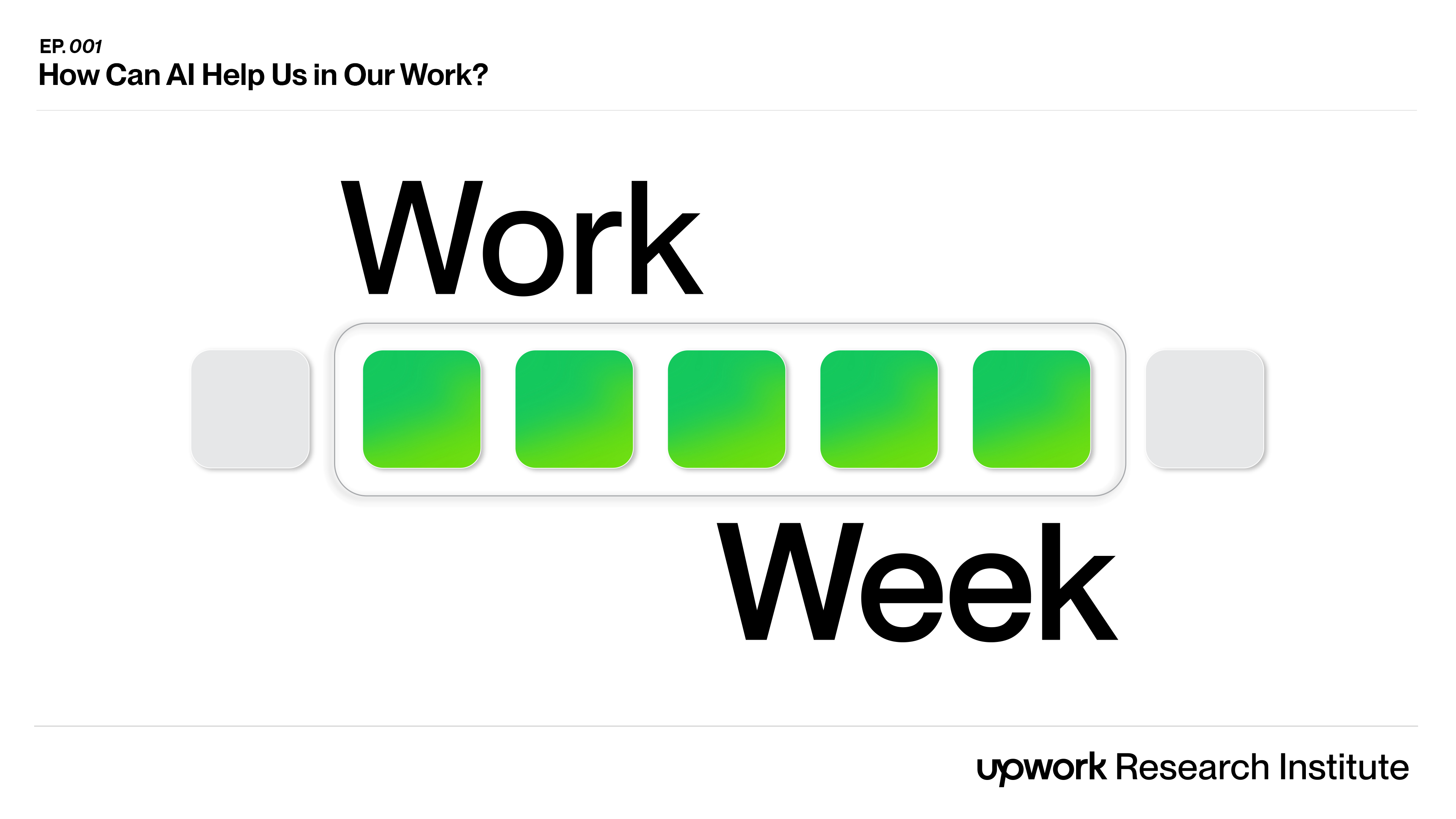


.png)

-p-500.jpg.png)

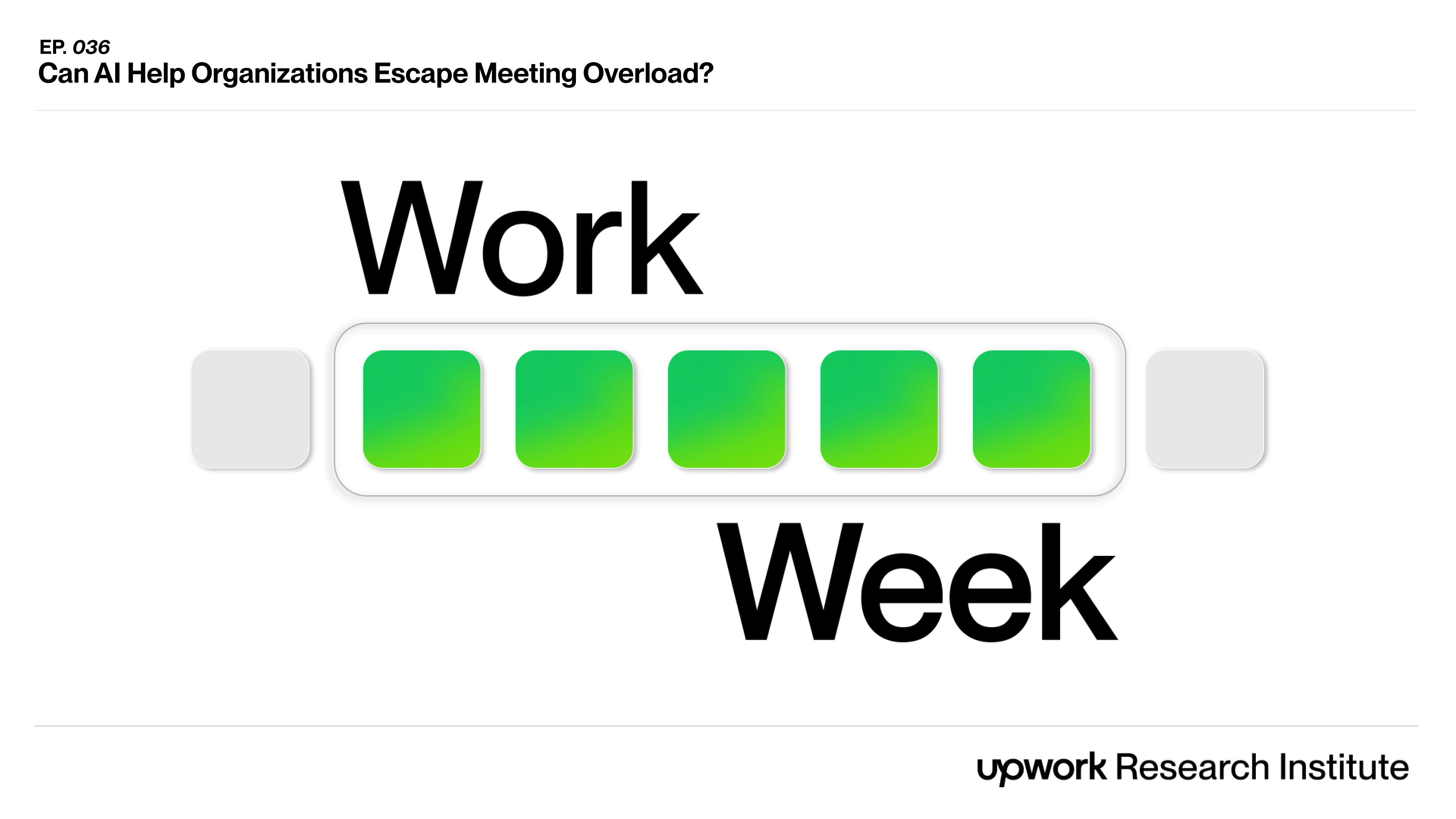

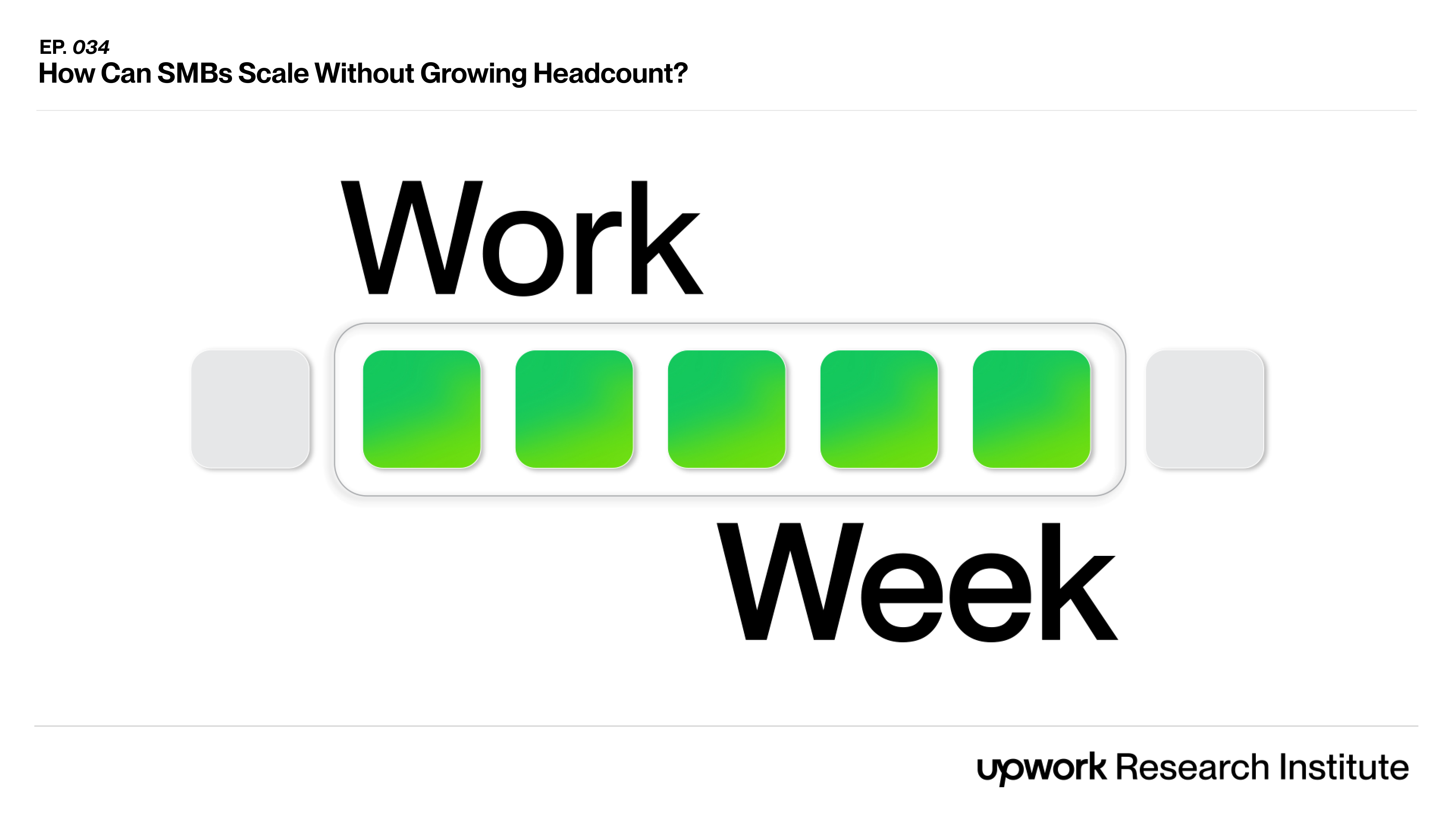
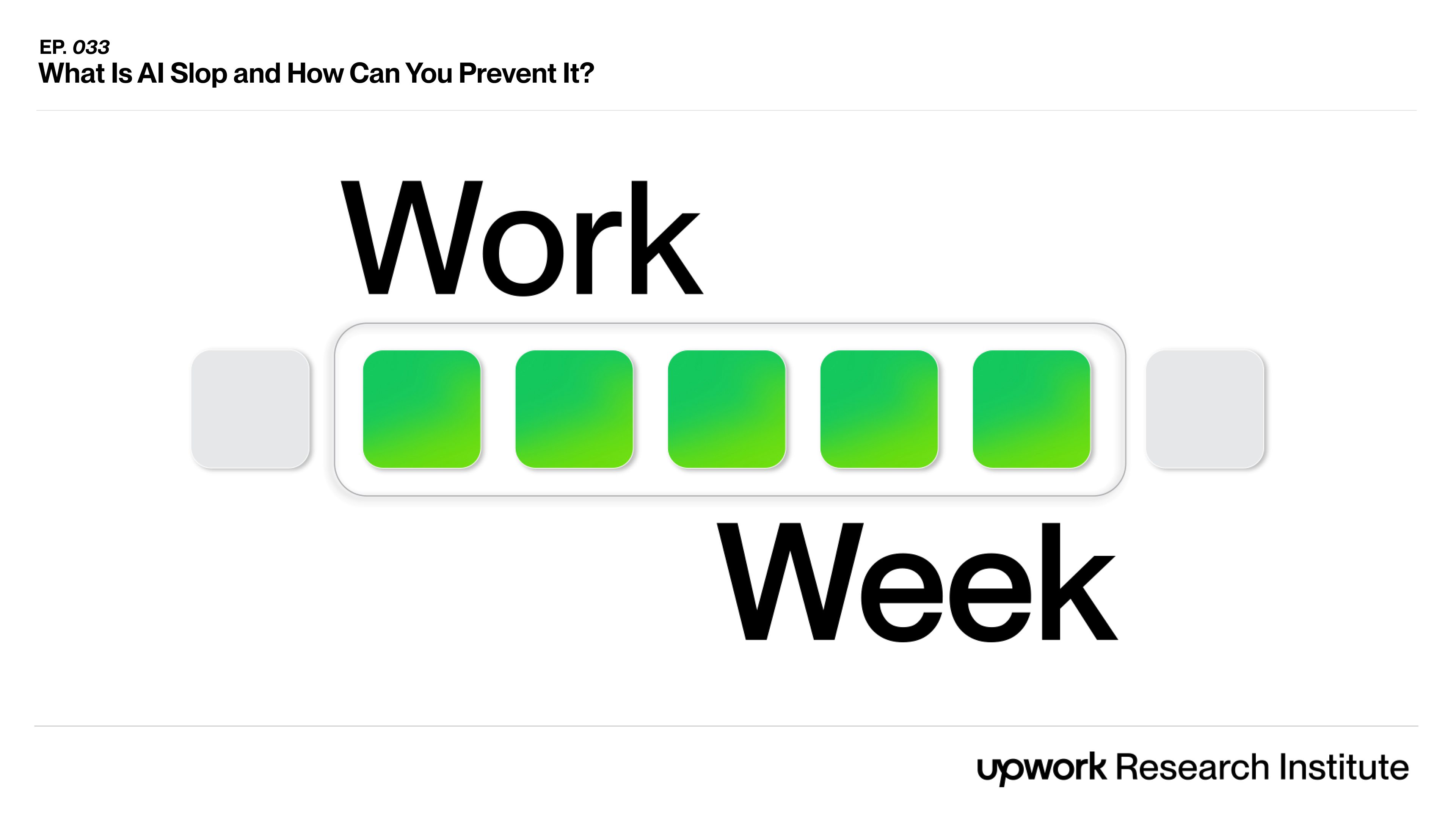
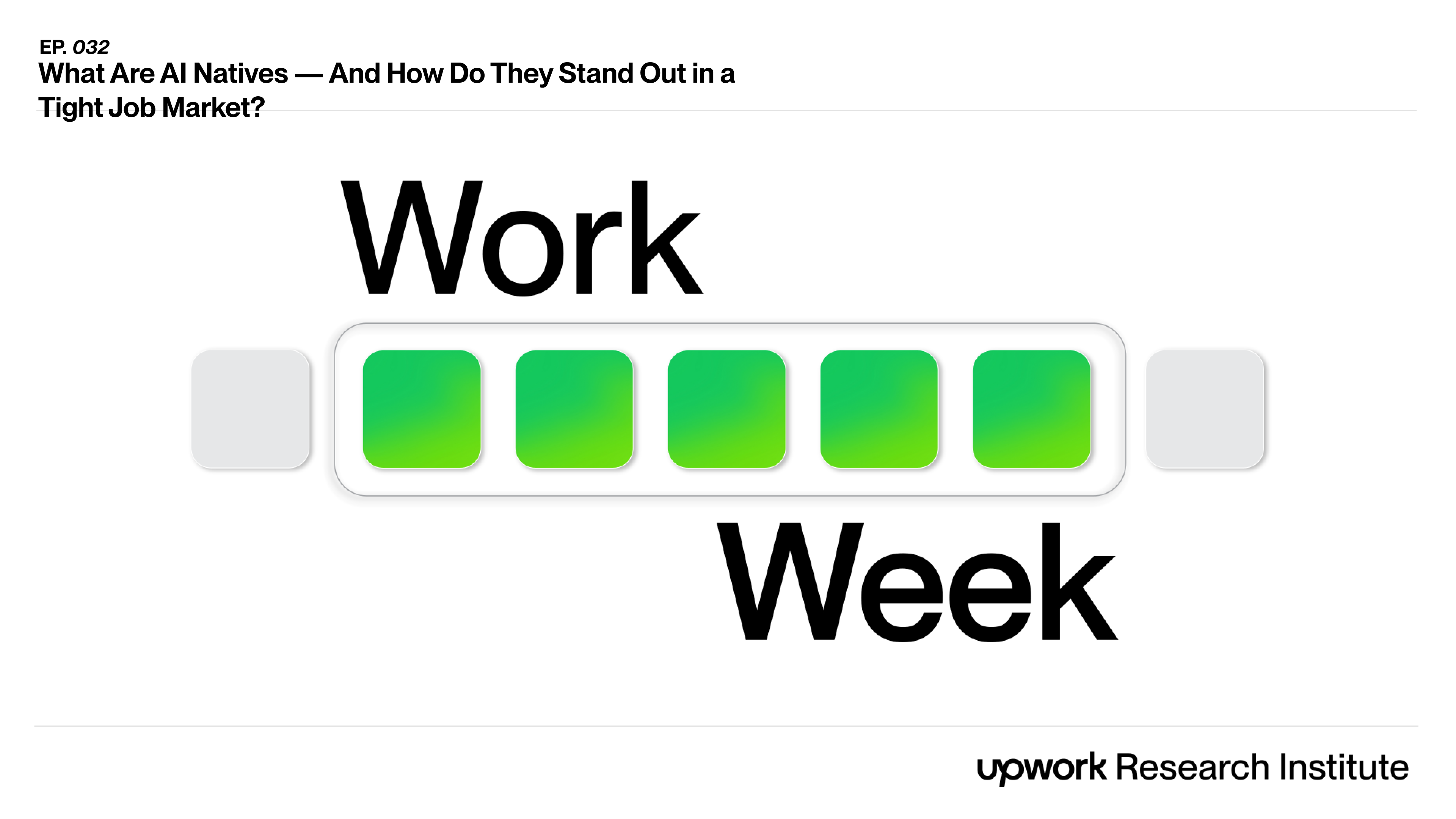
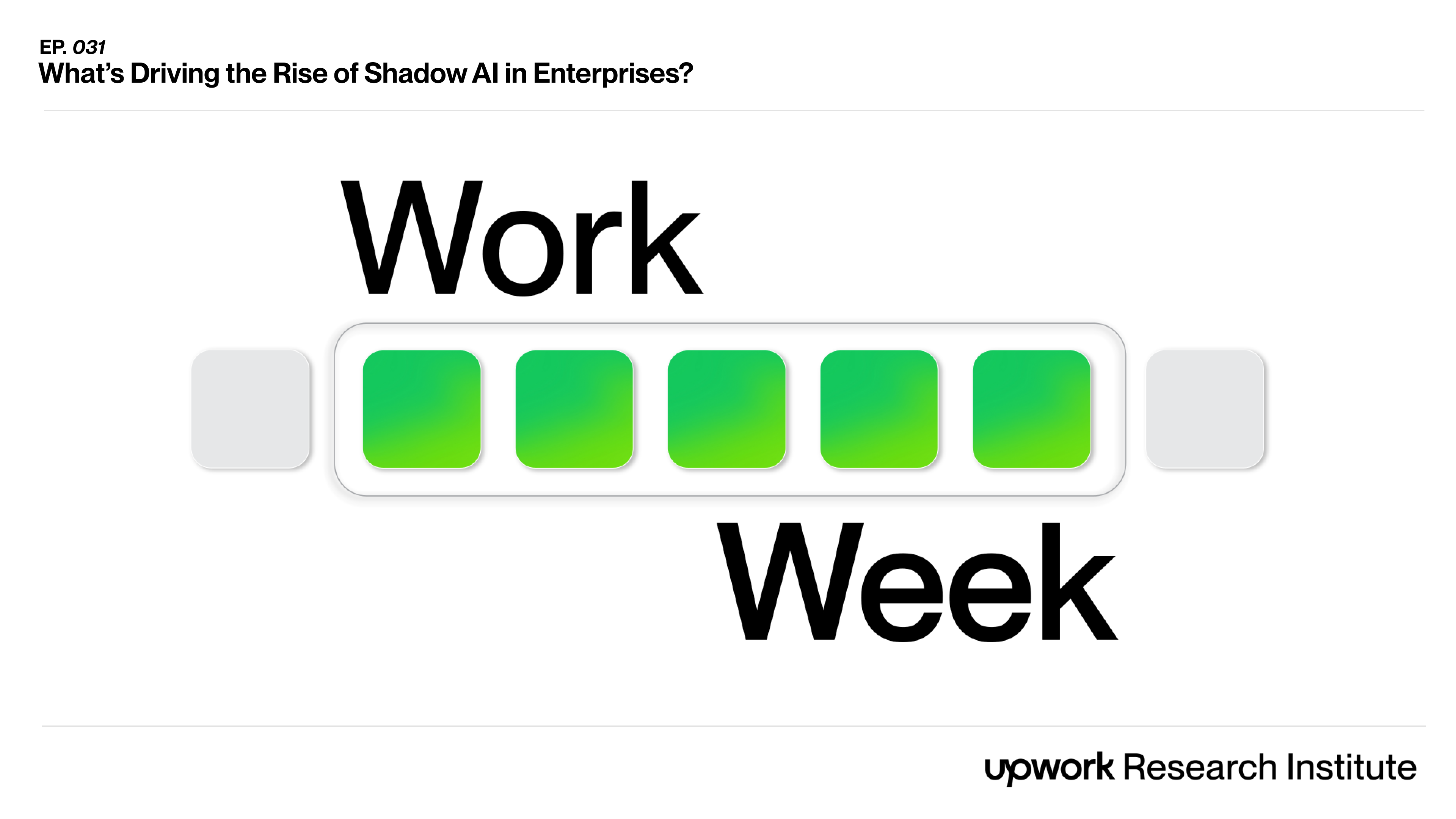
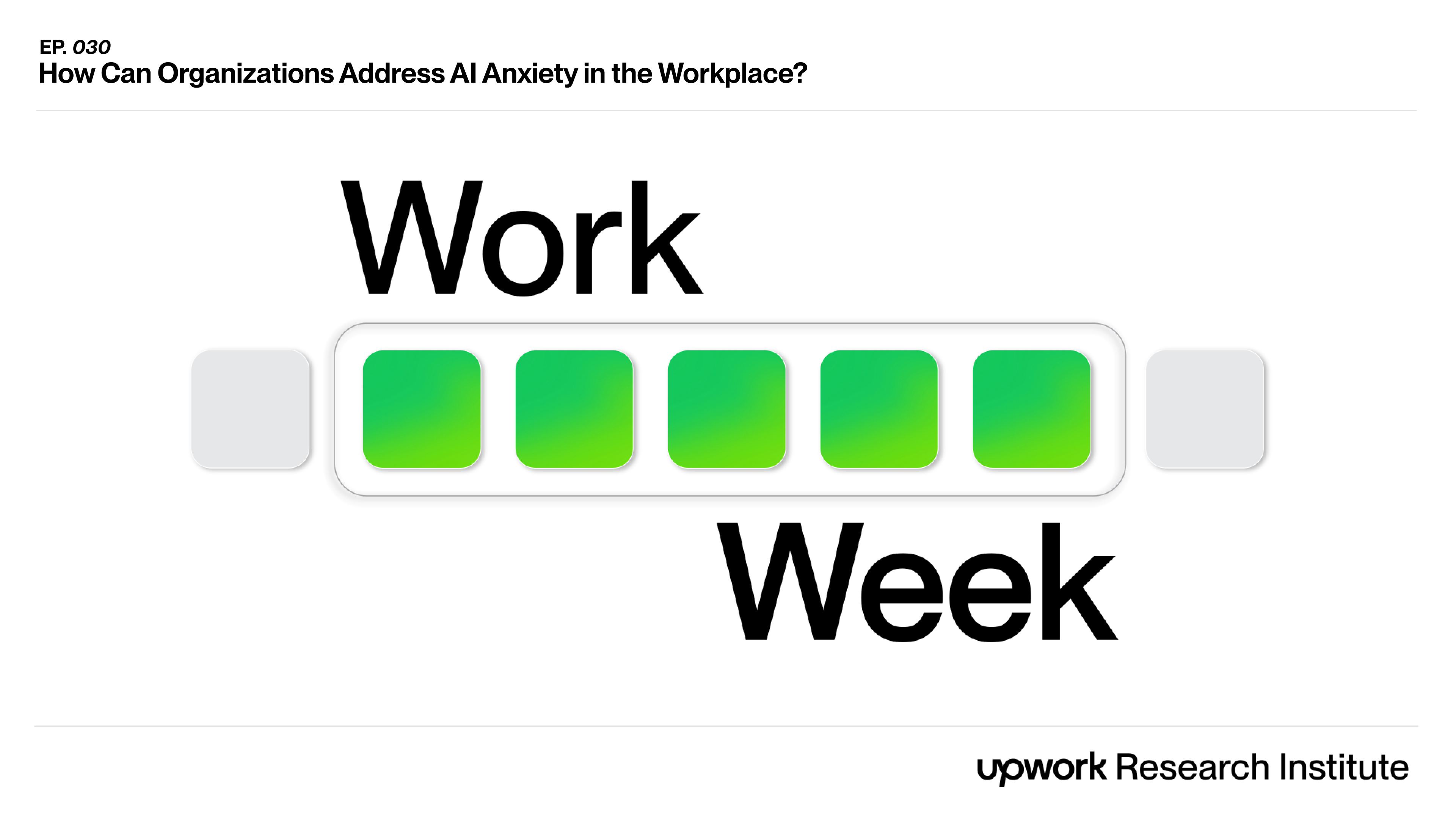
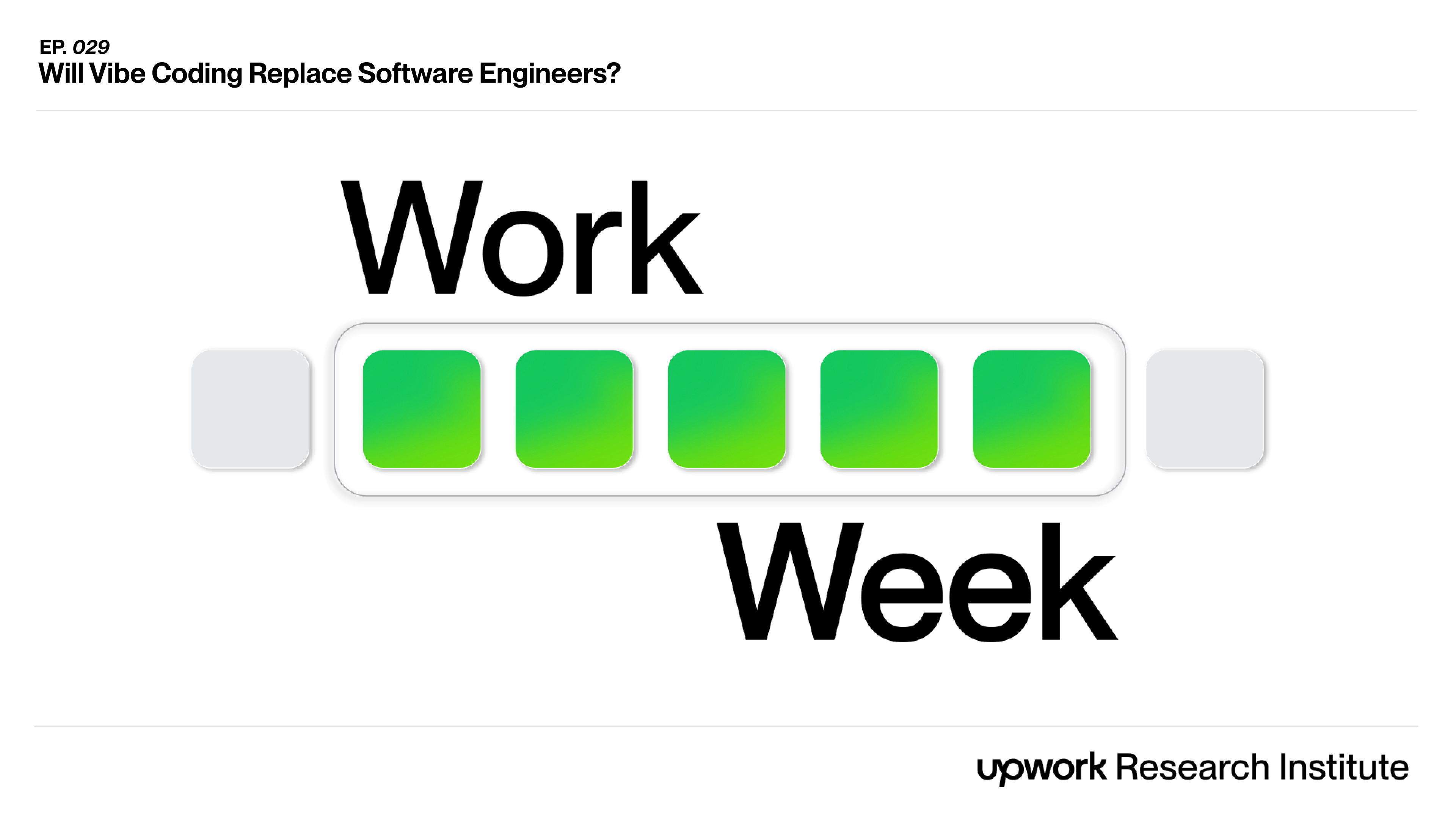
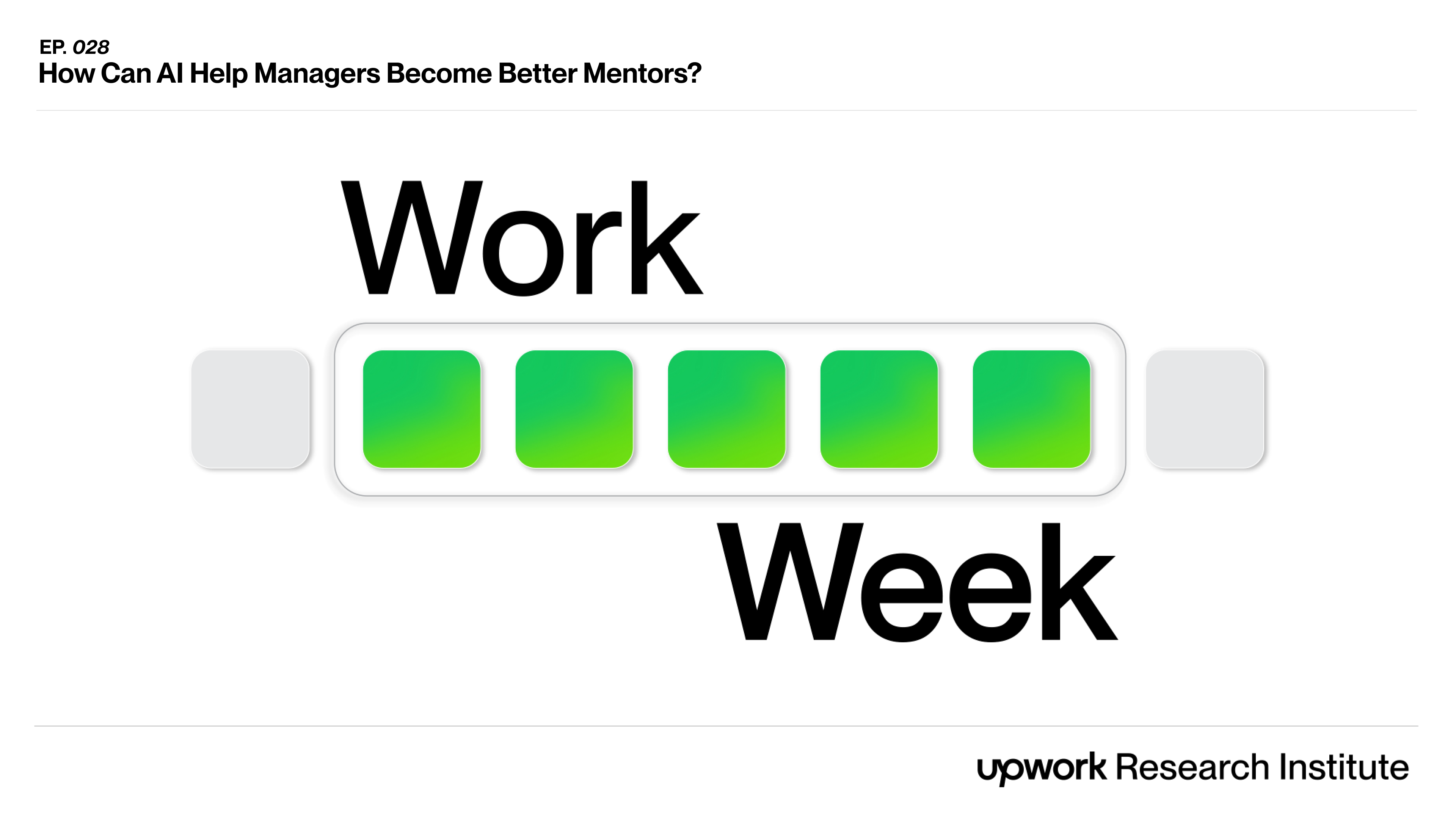

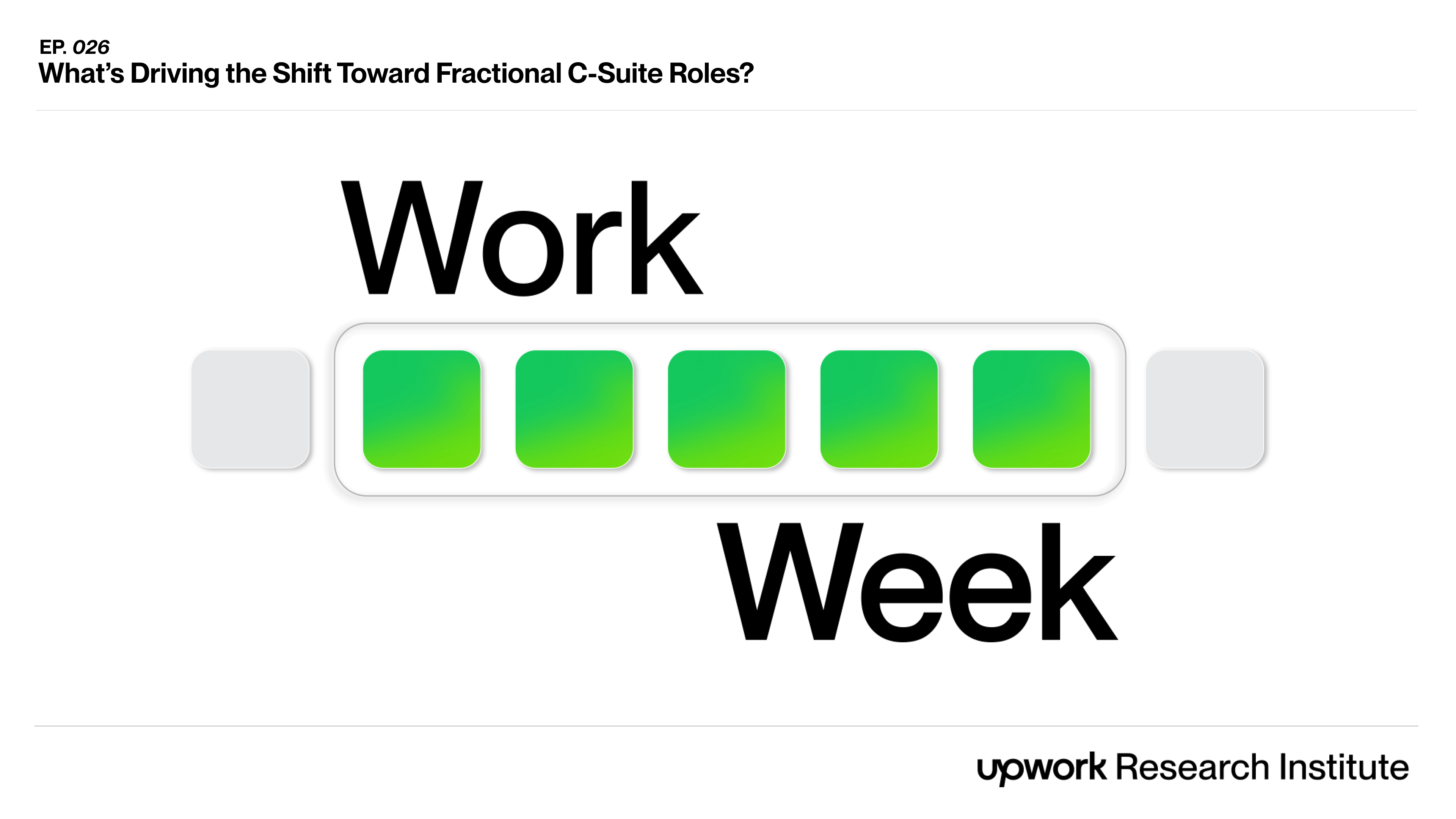
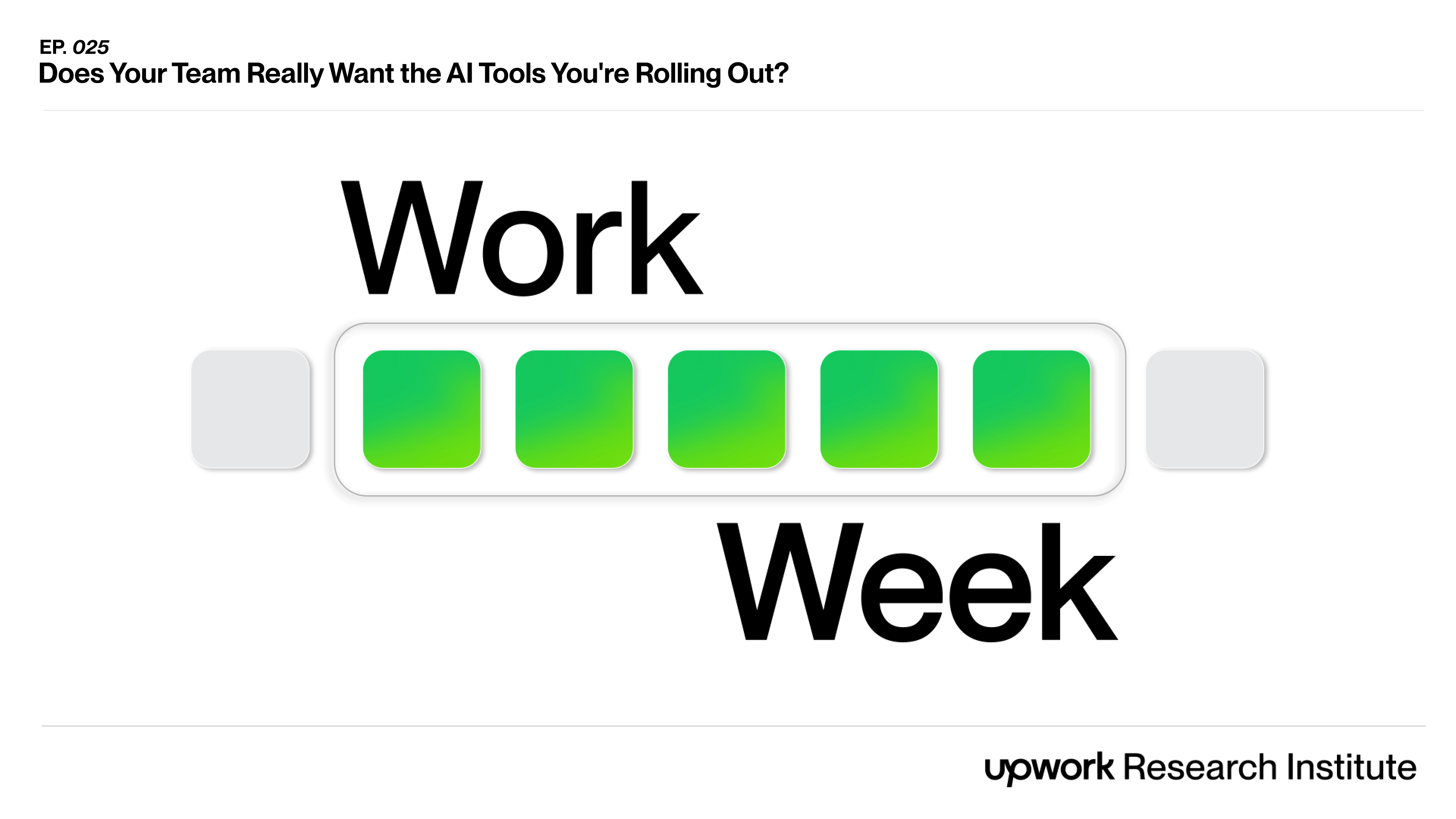
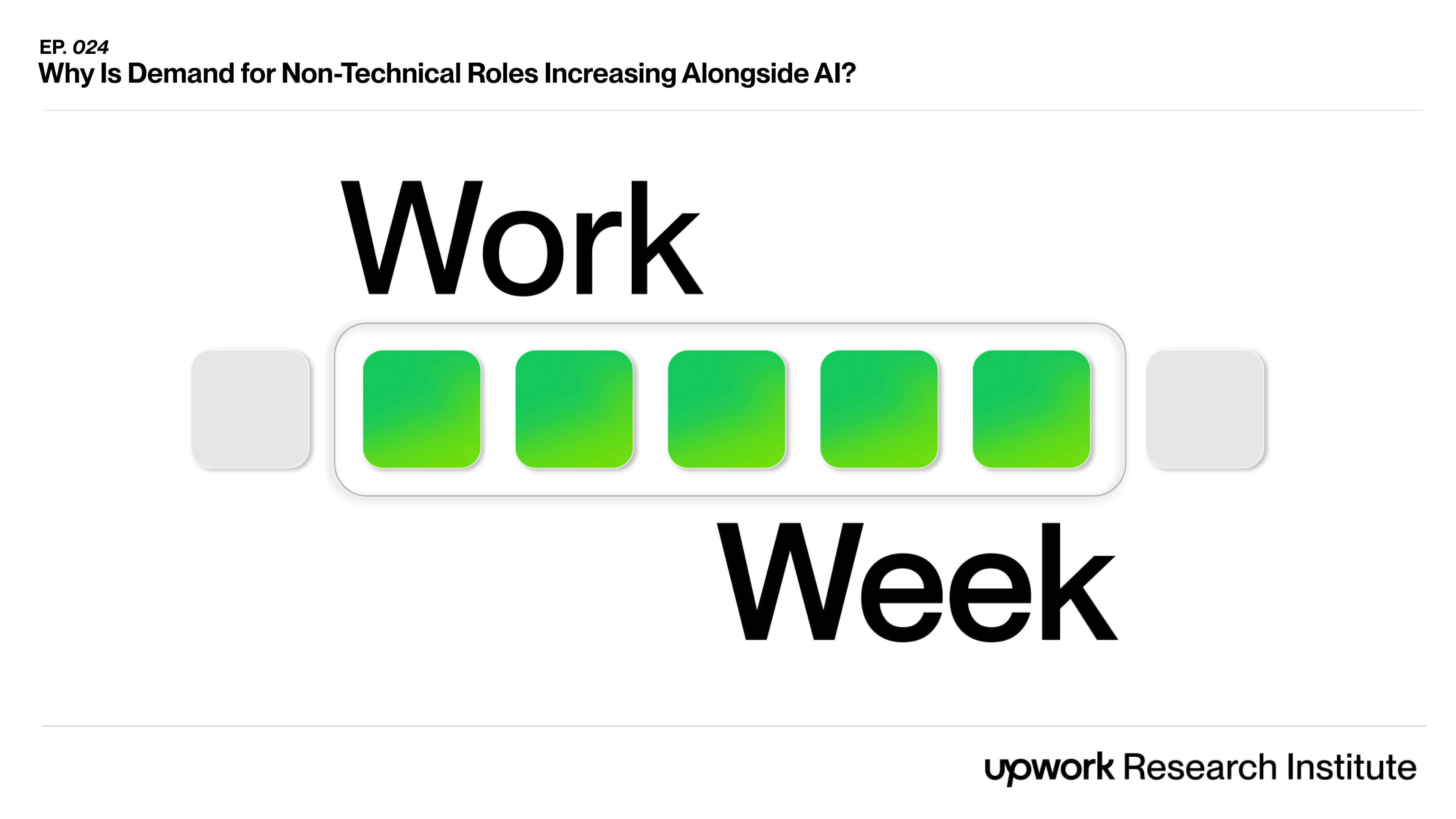
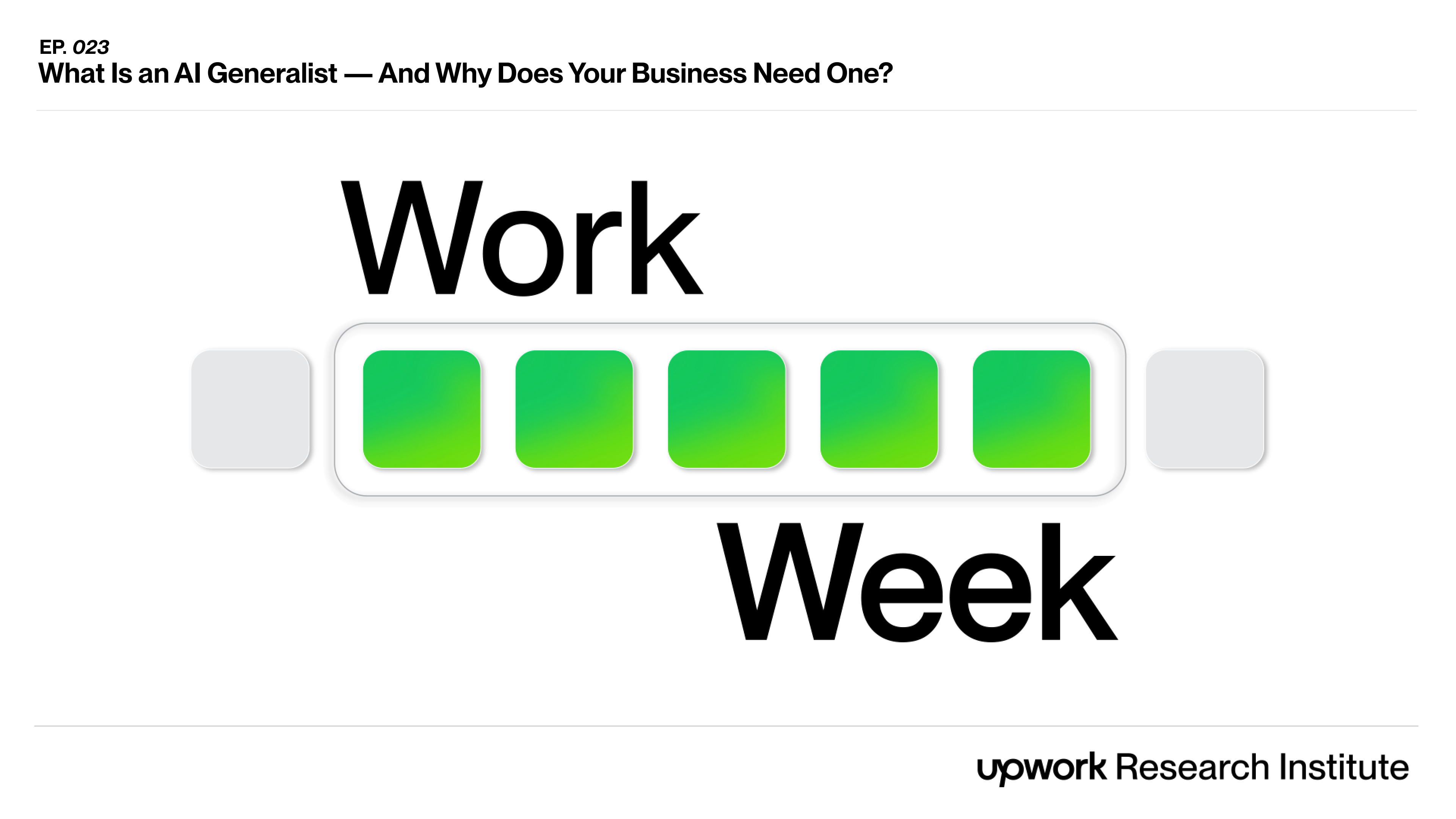
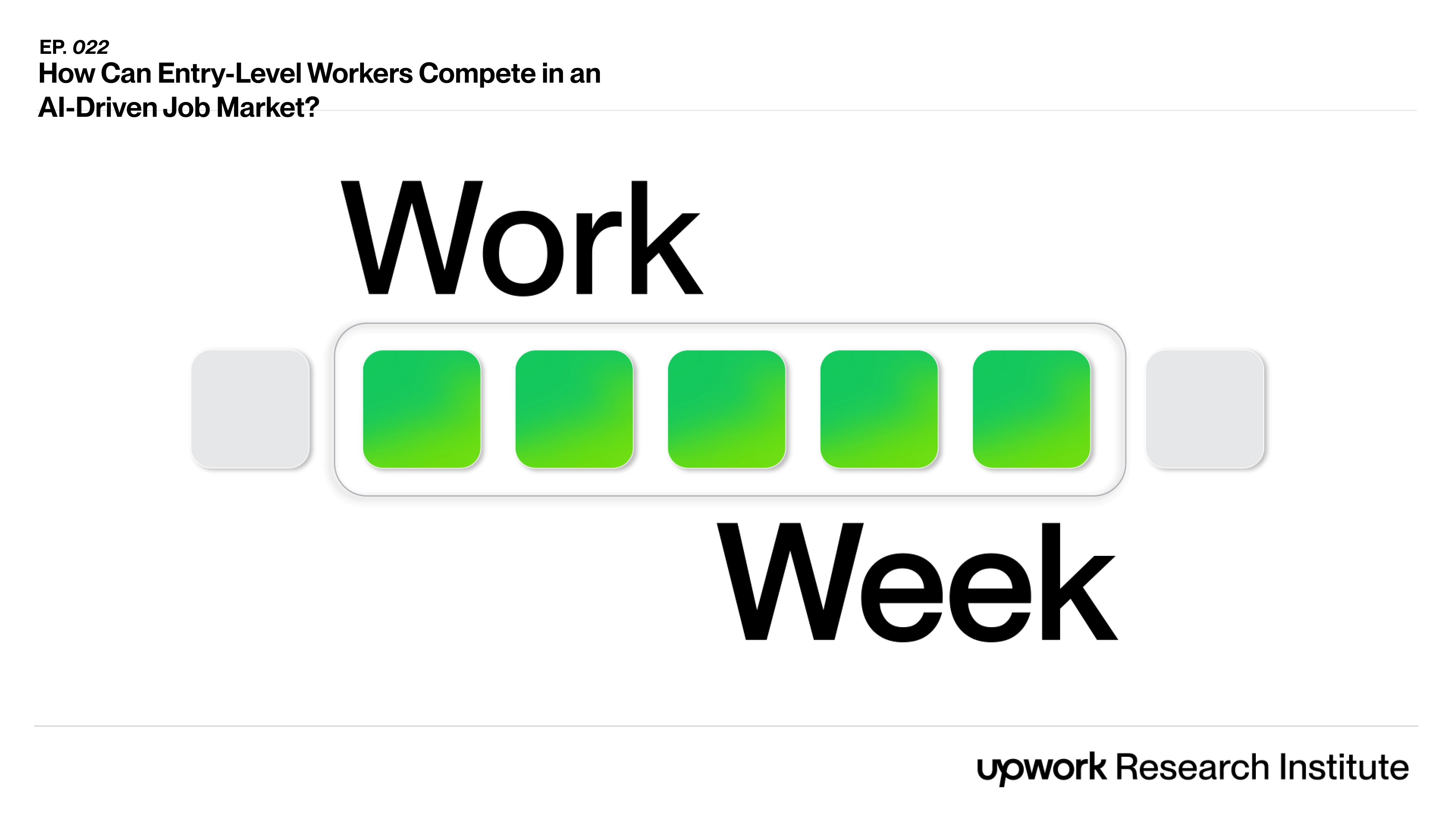

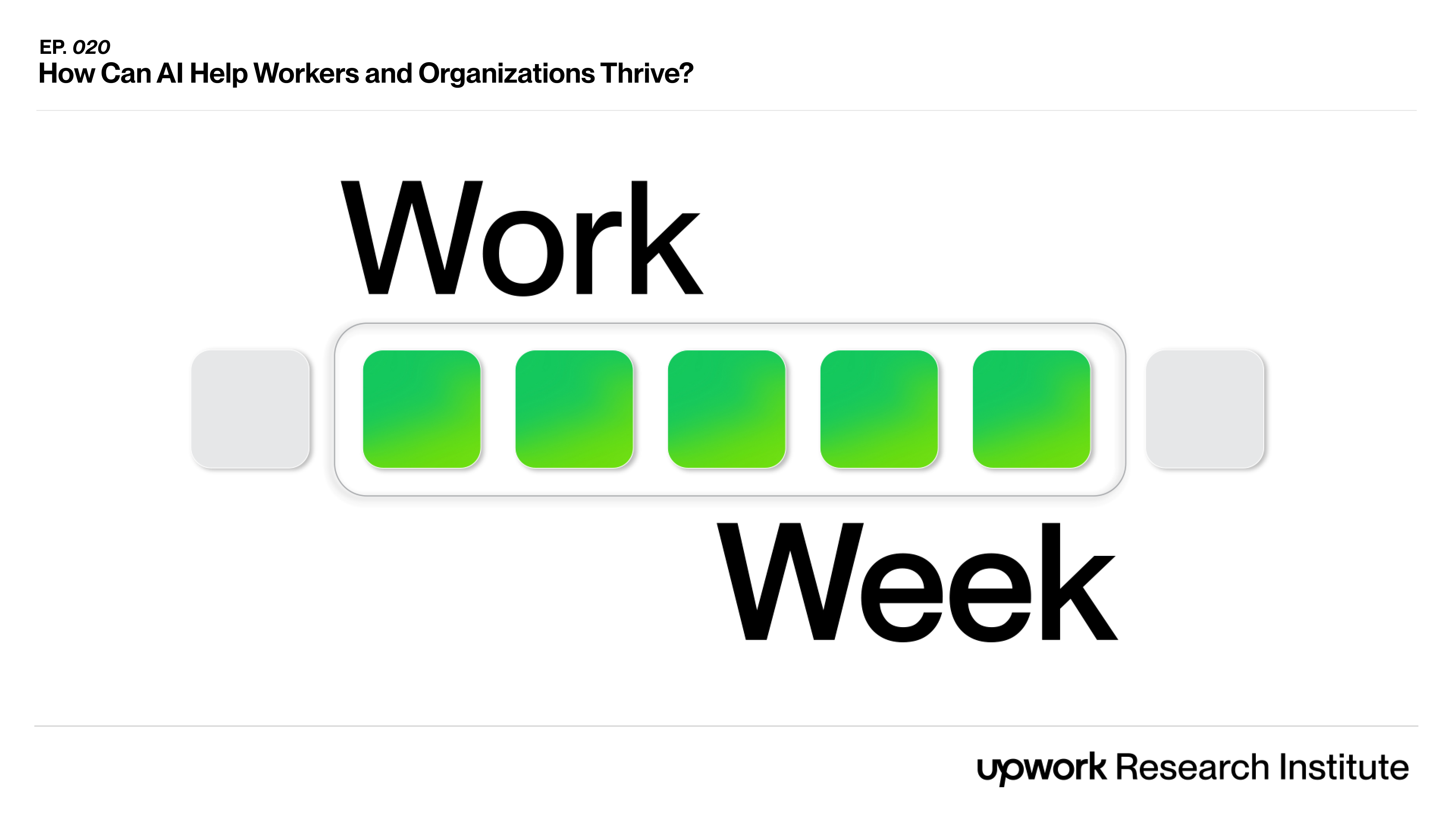
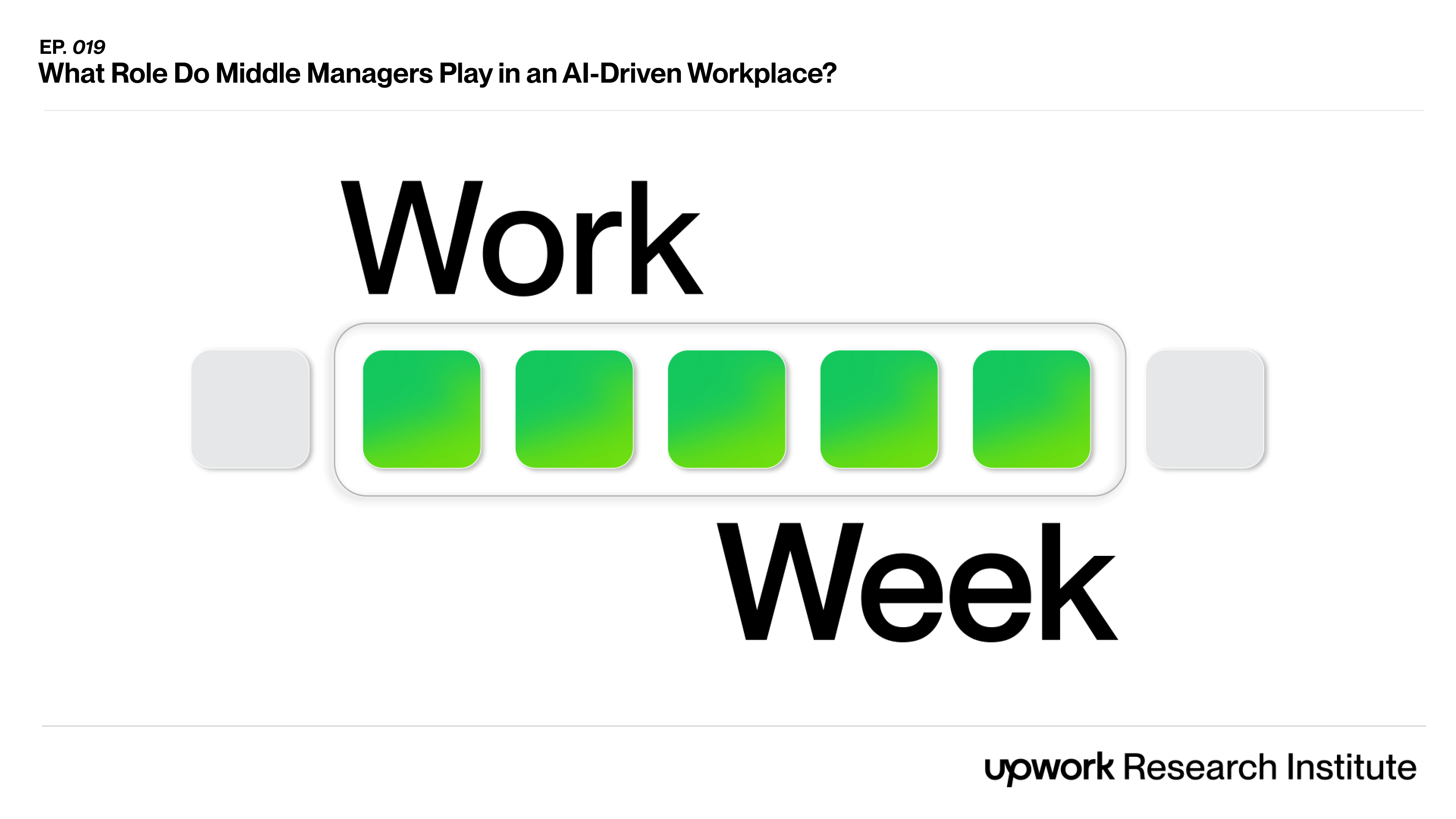
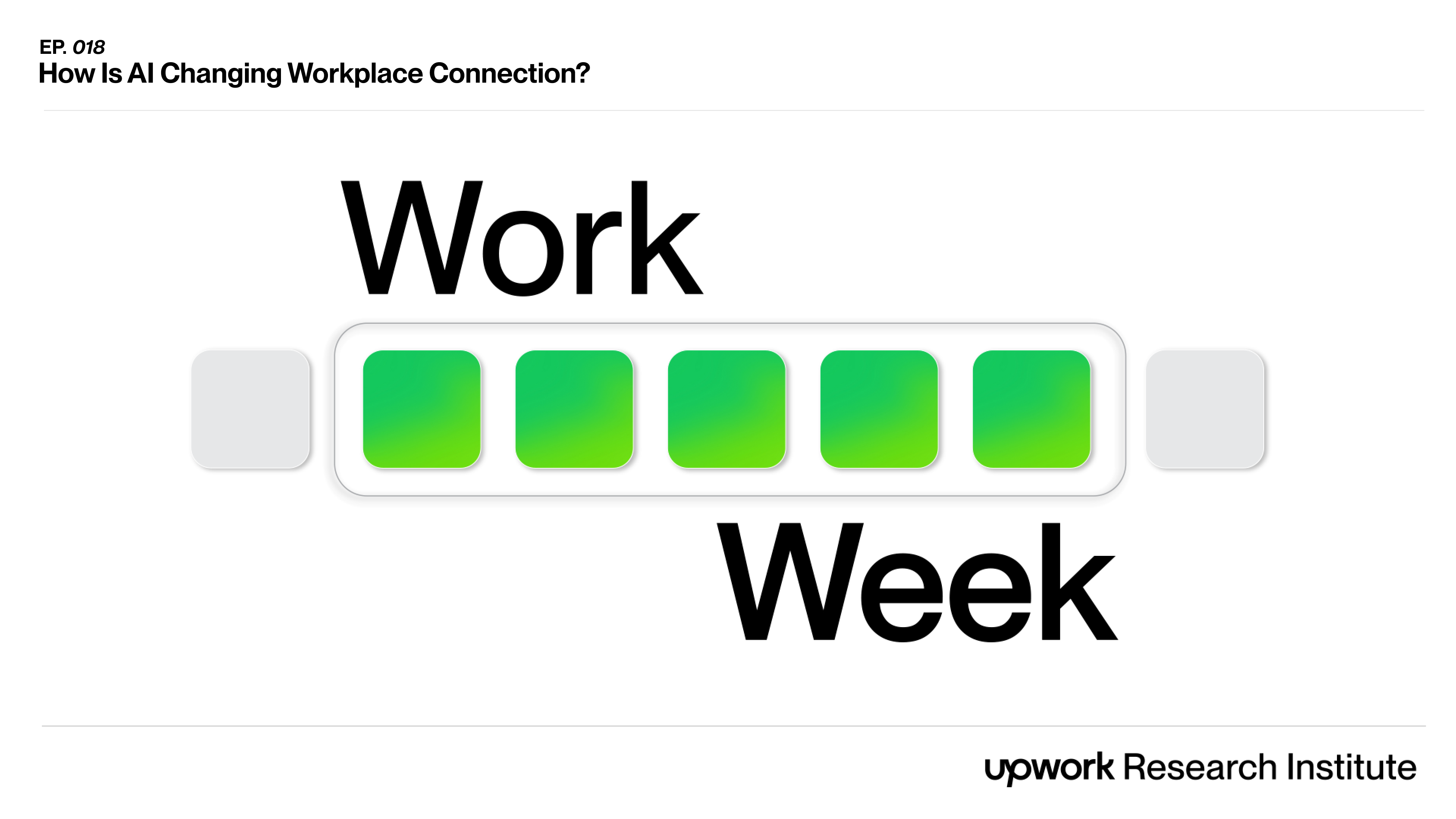

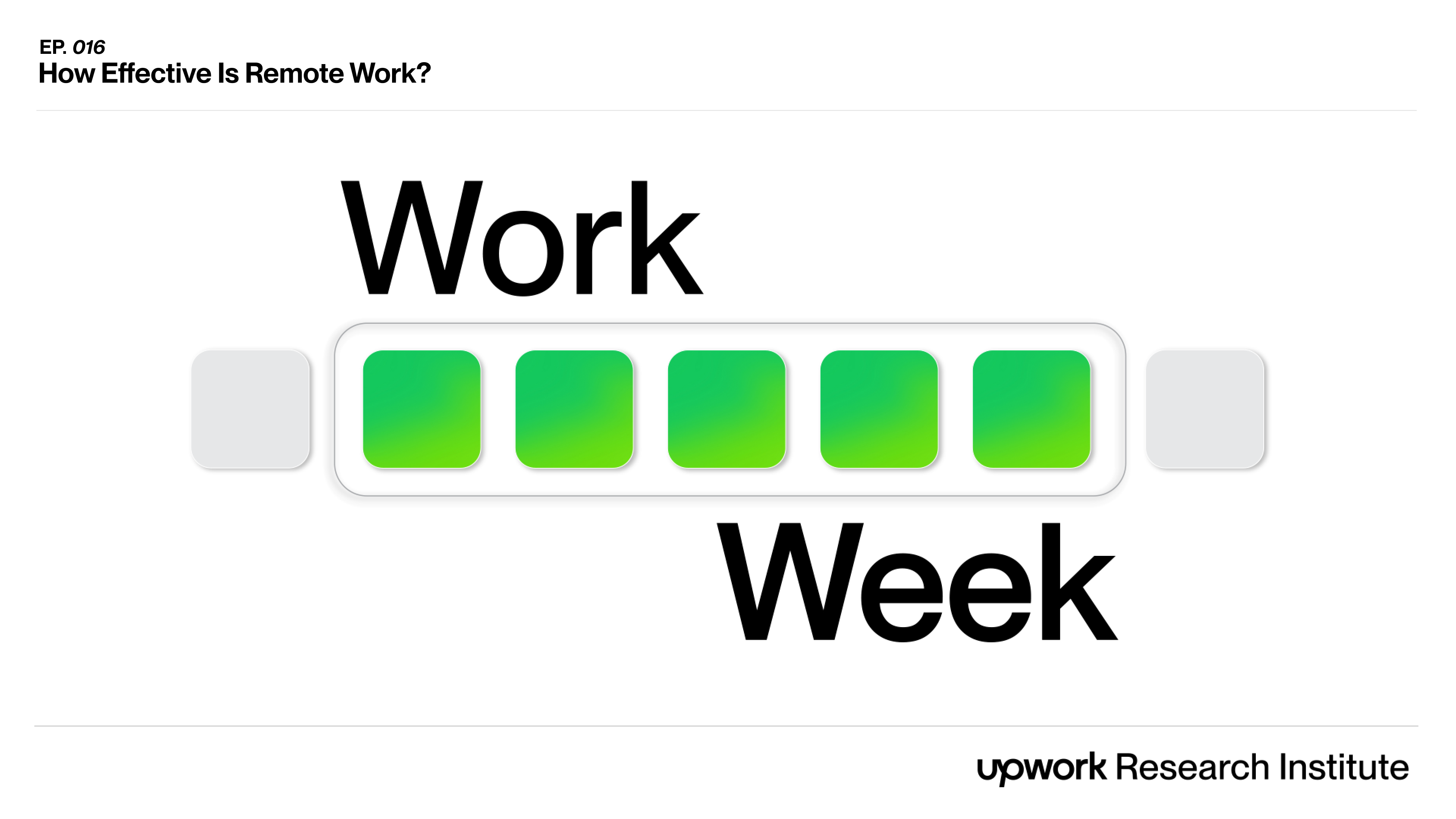
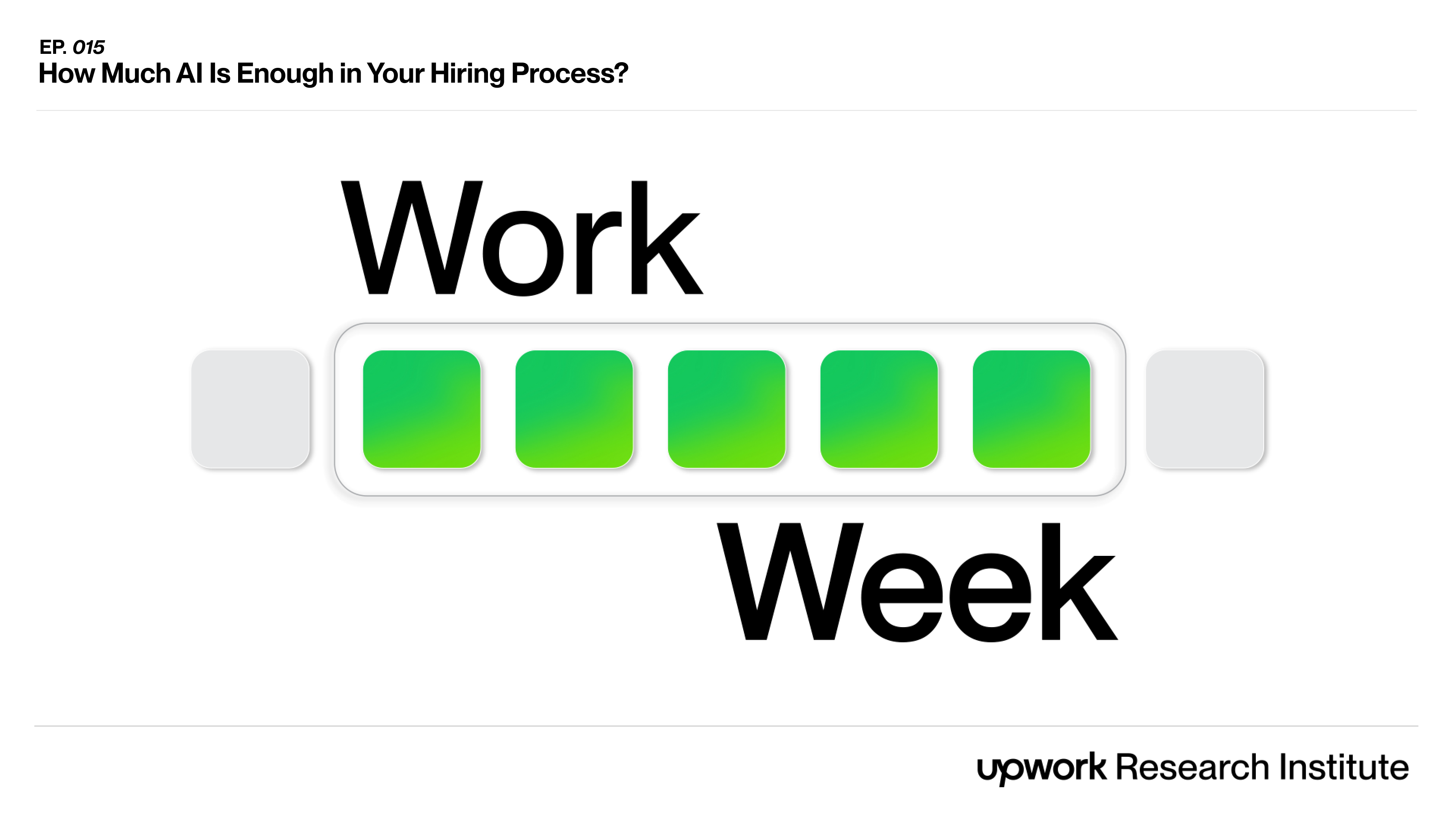

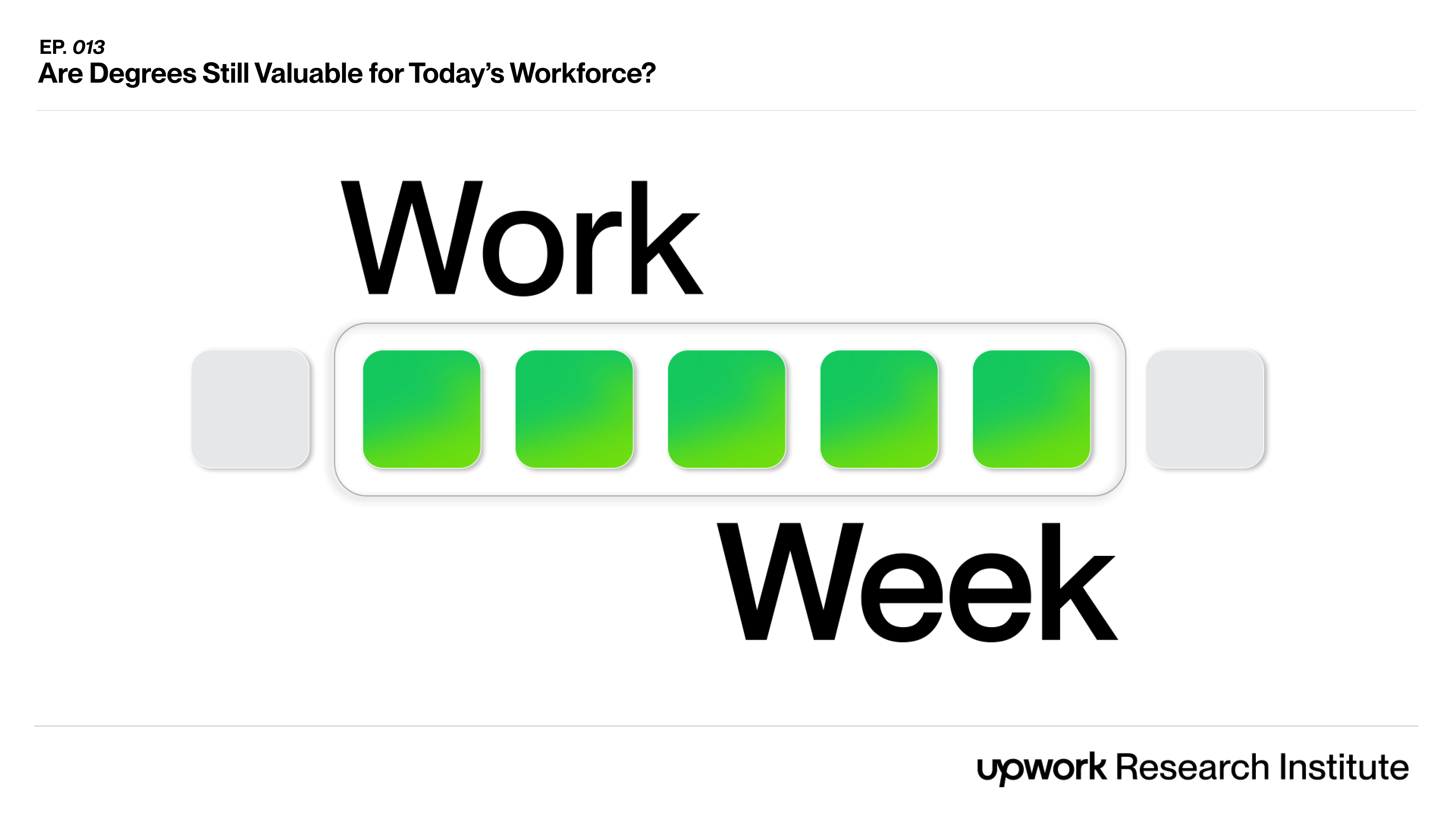
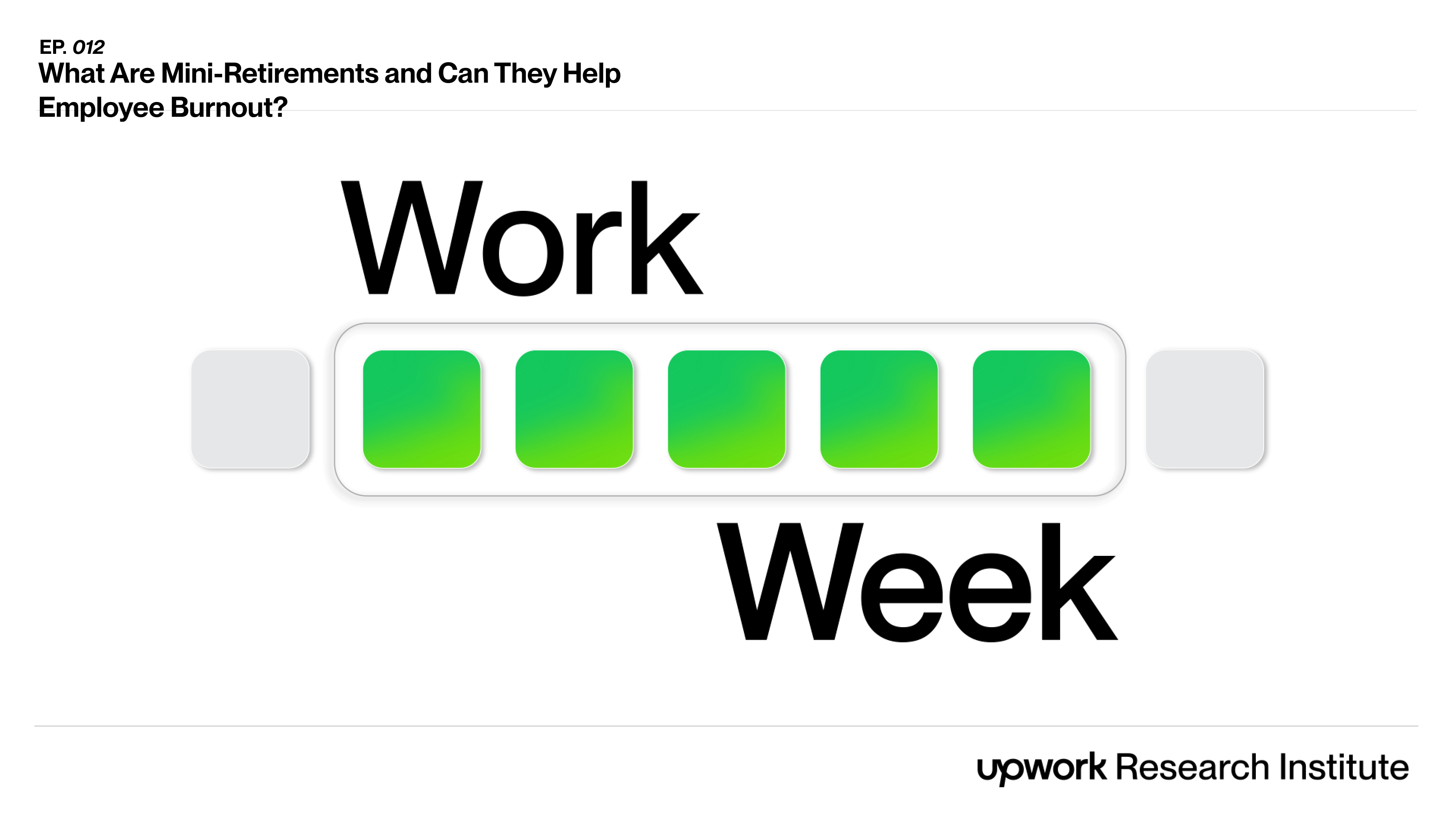
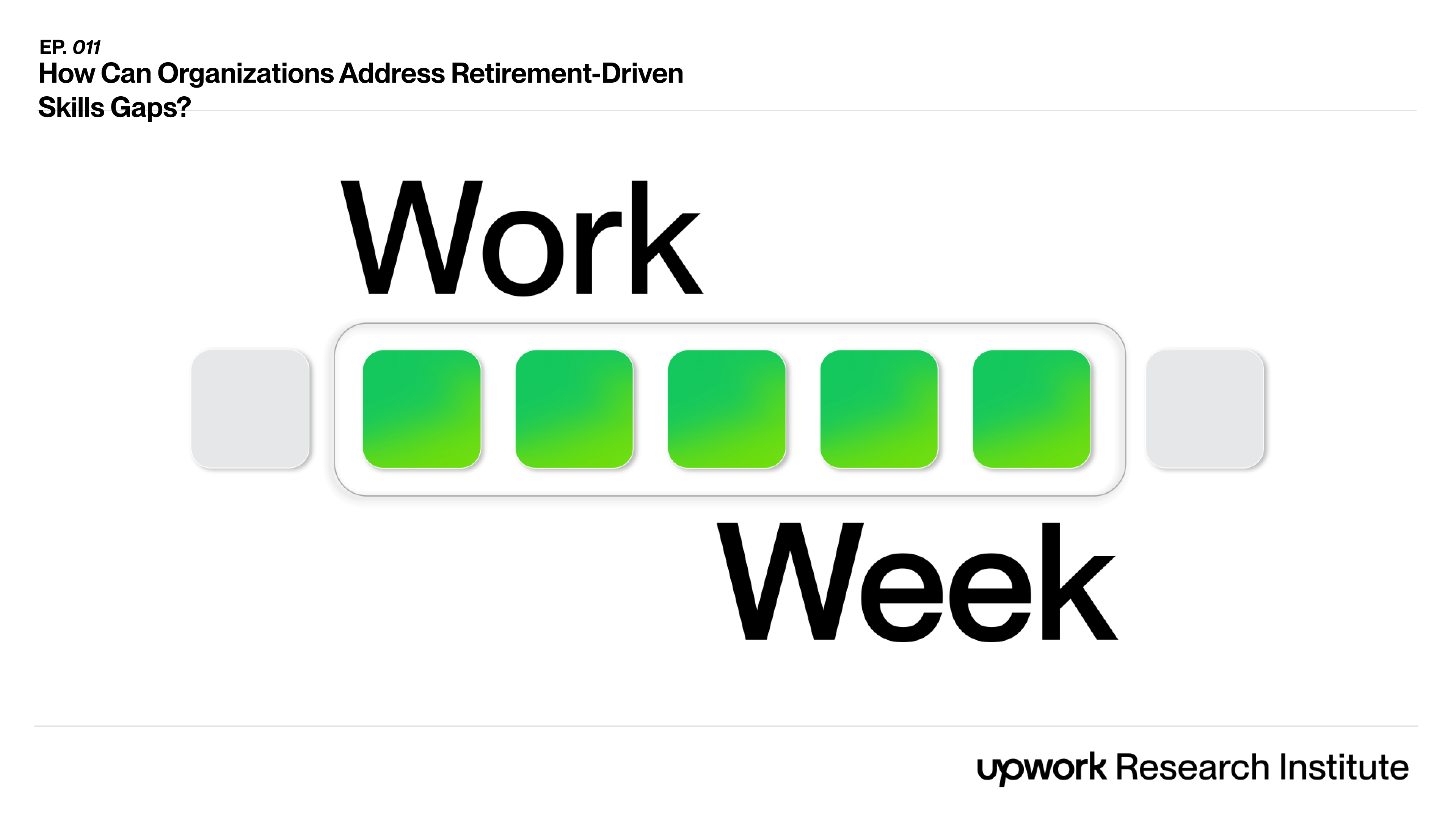
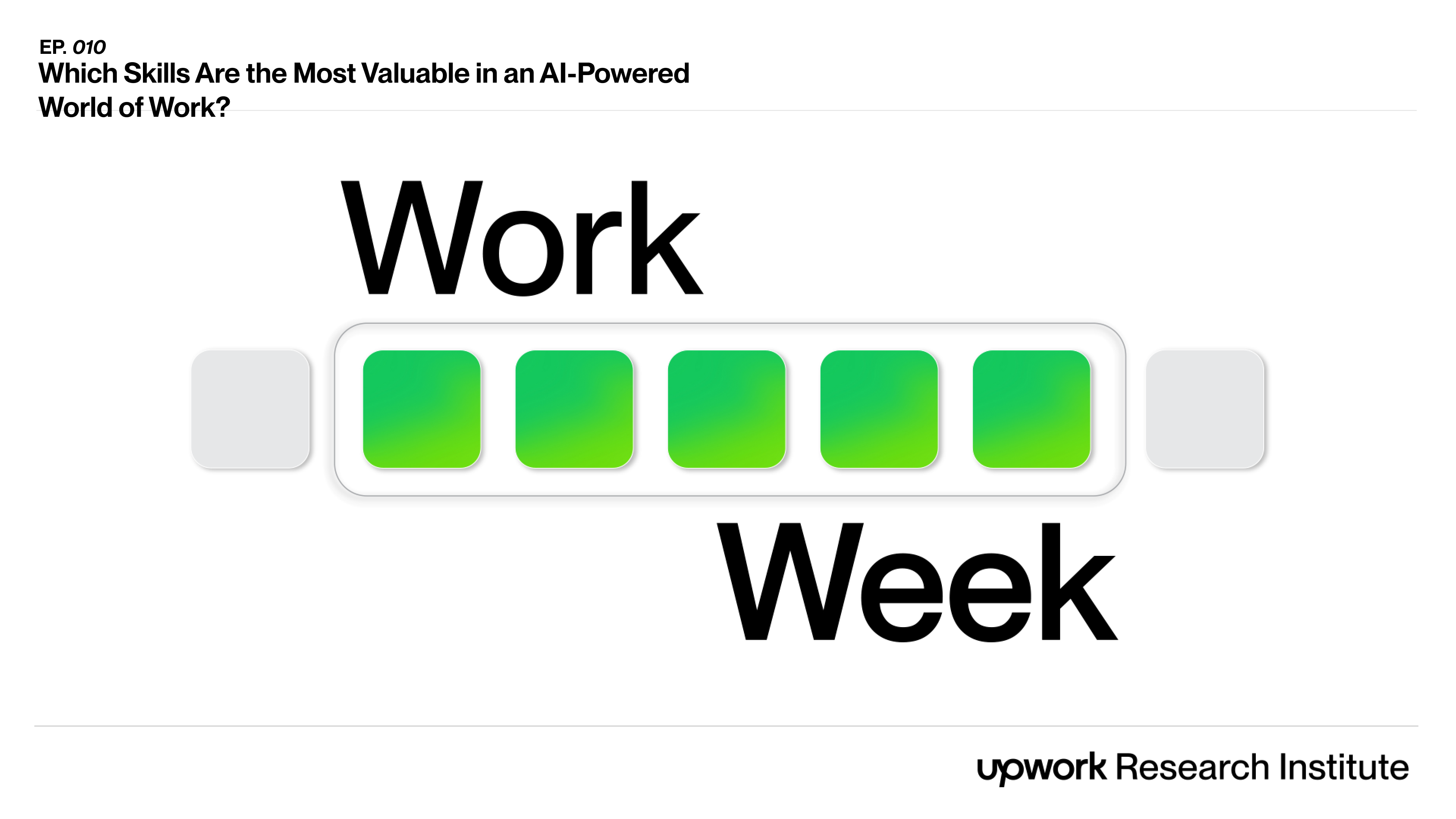
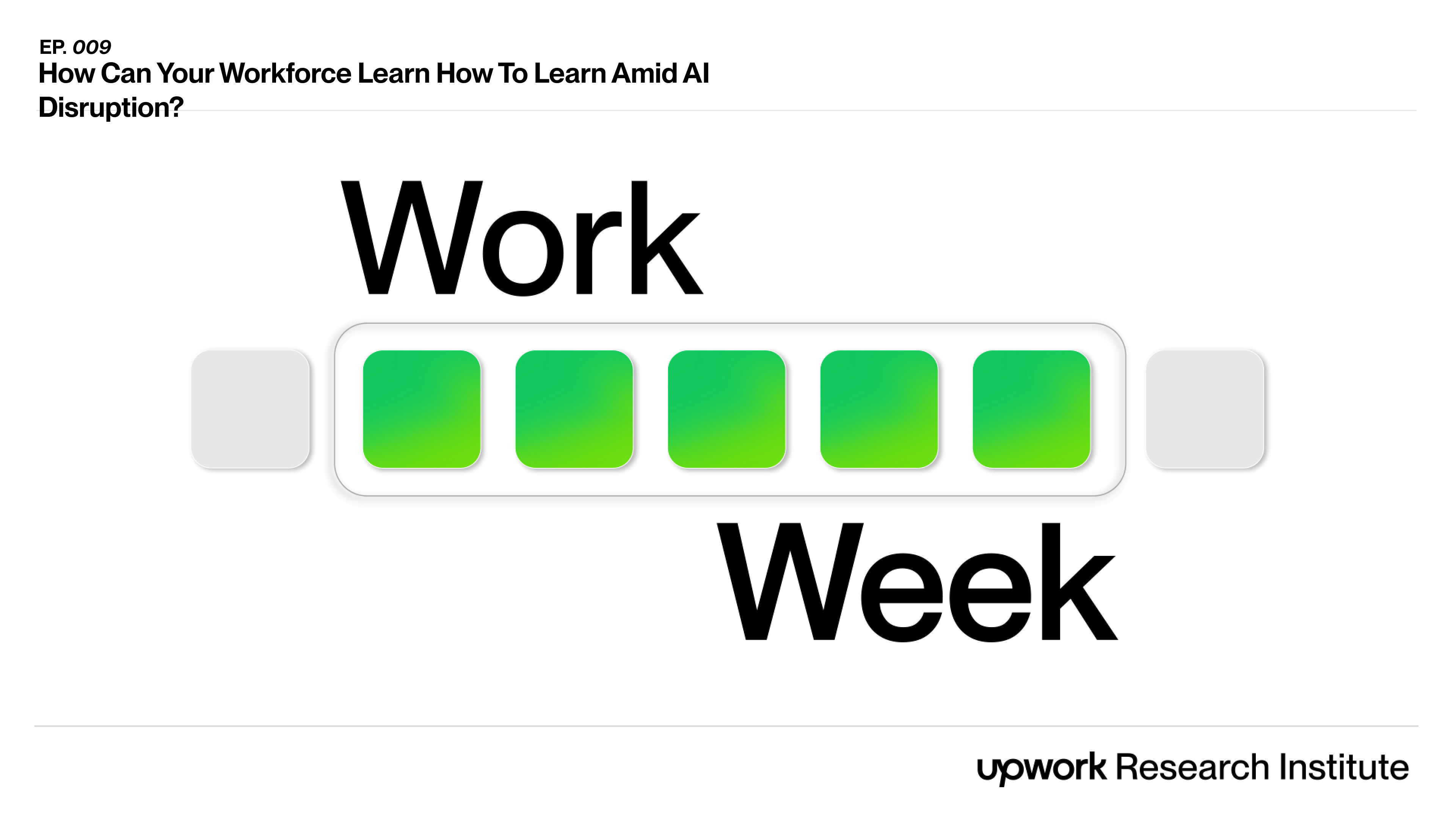
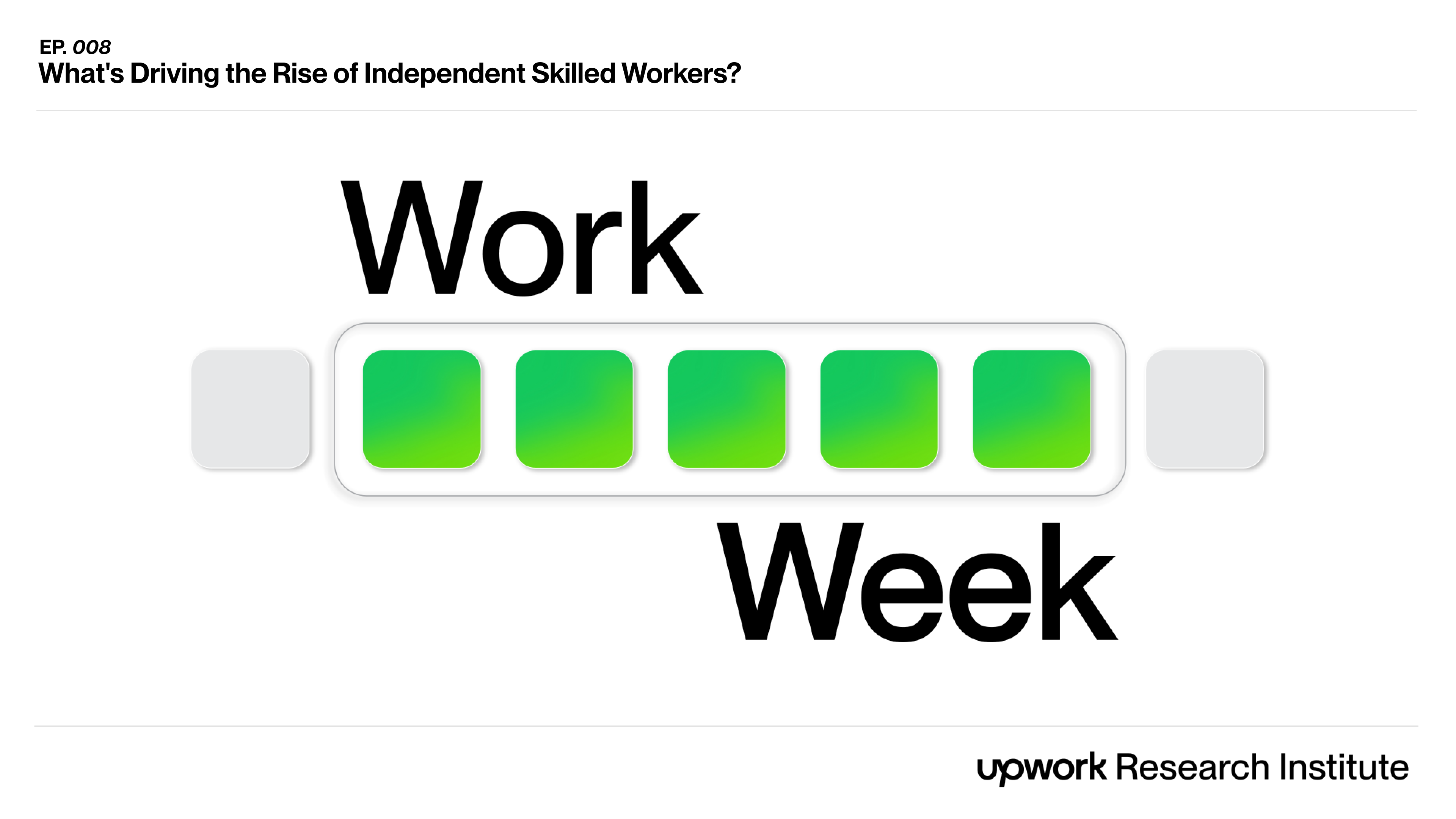
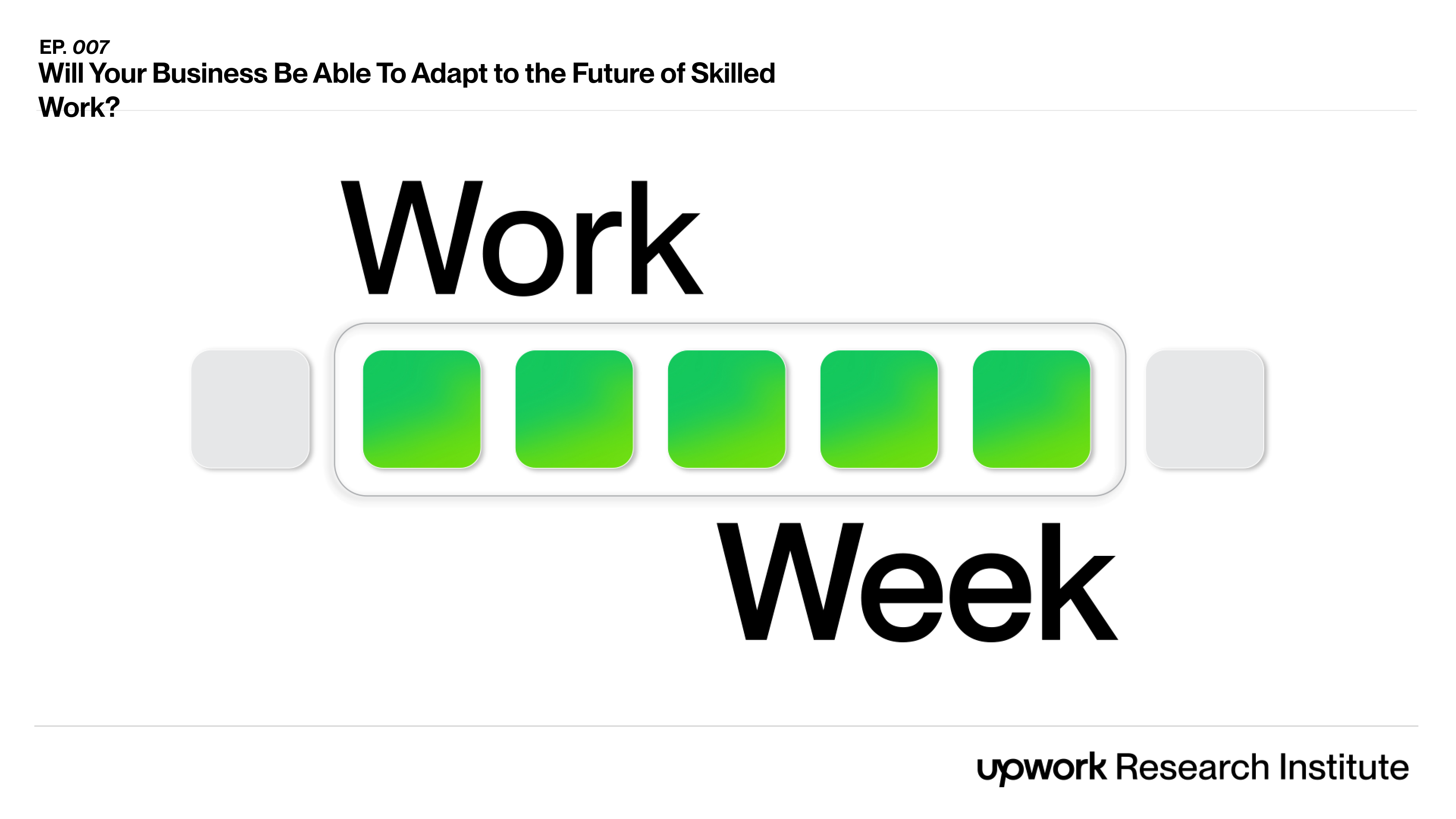
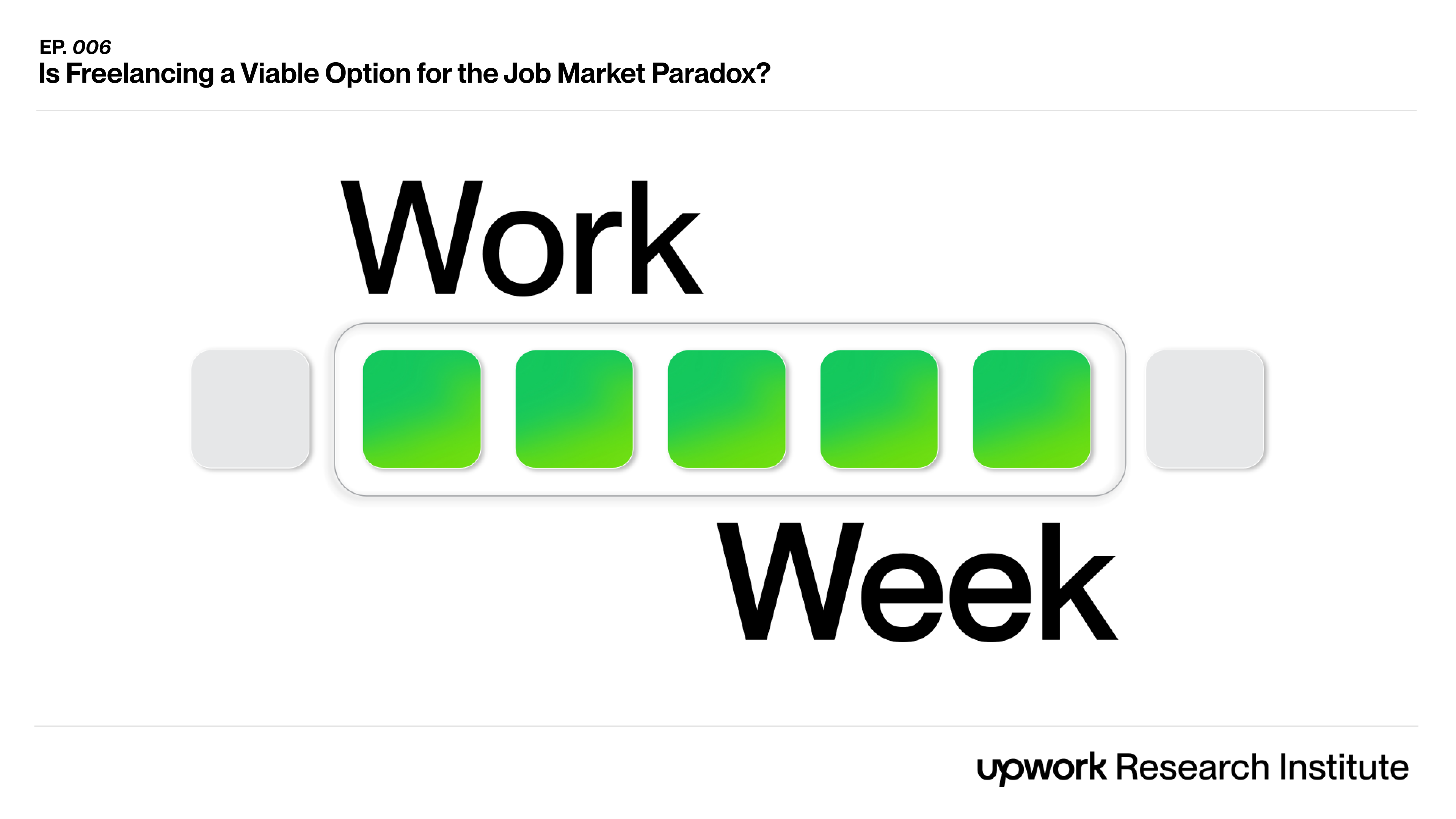
.png)
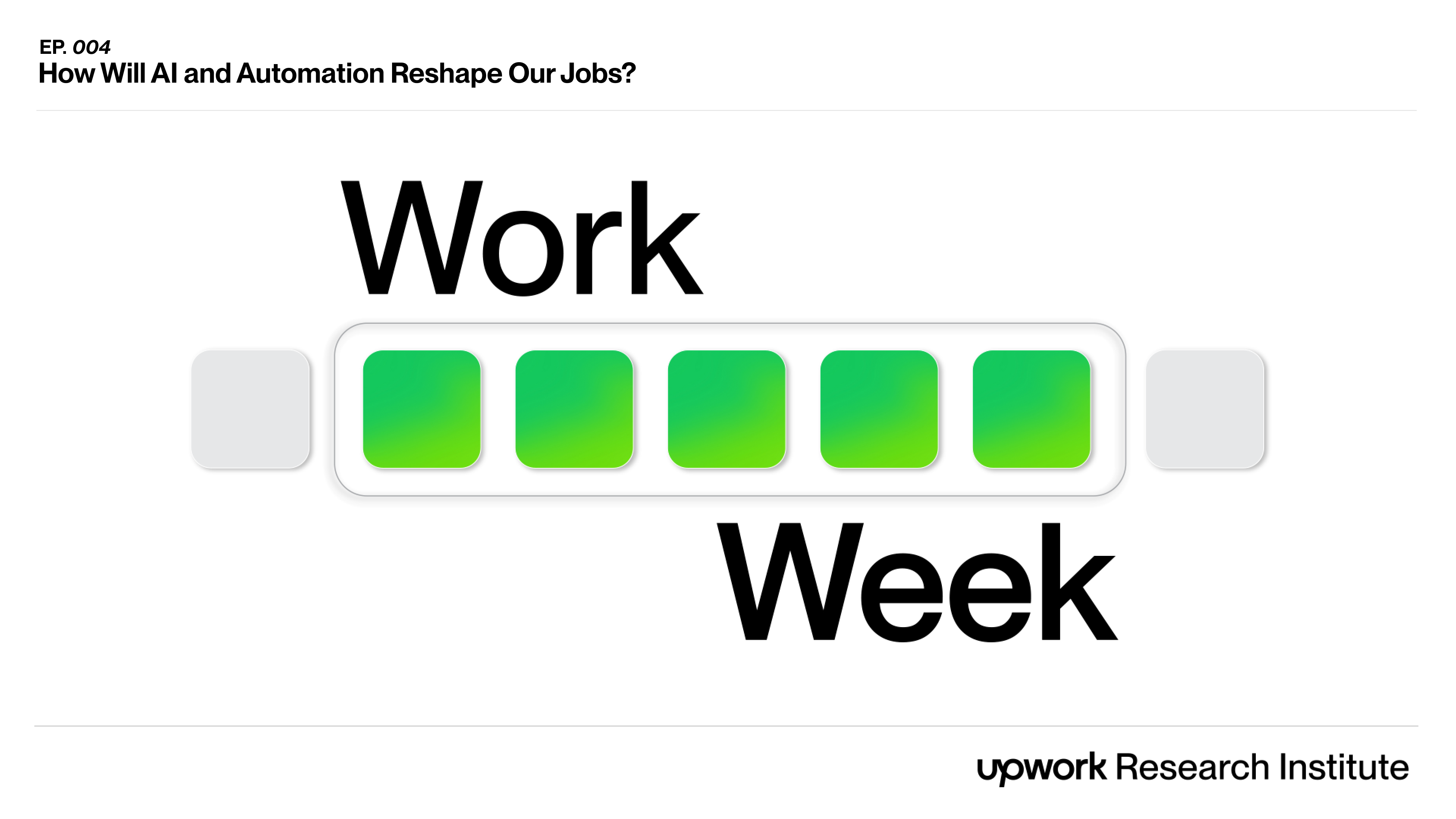

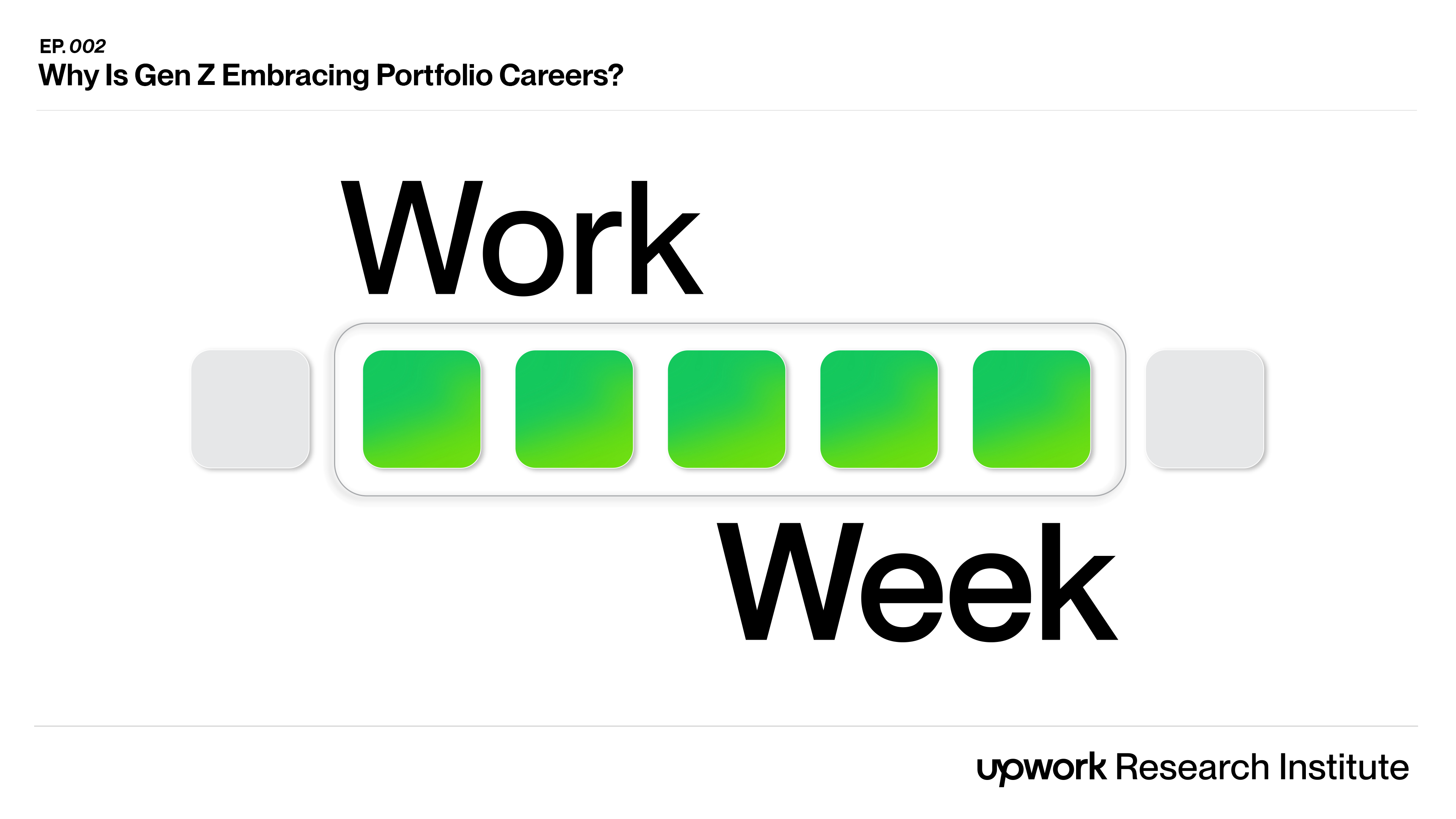
.jpg)